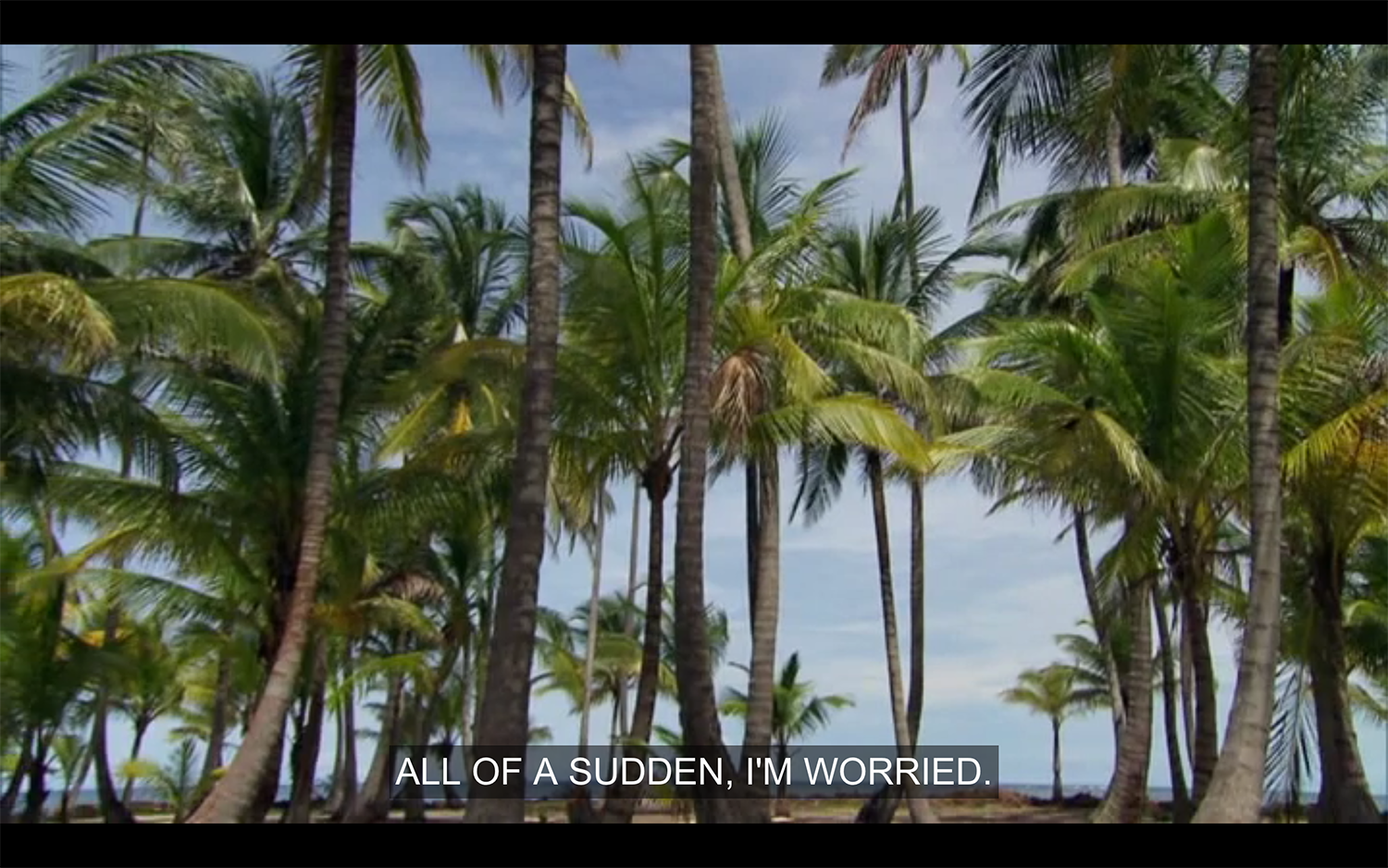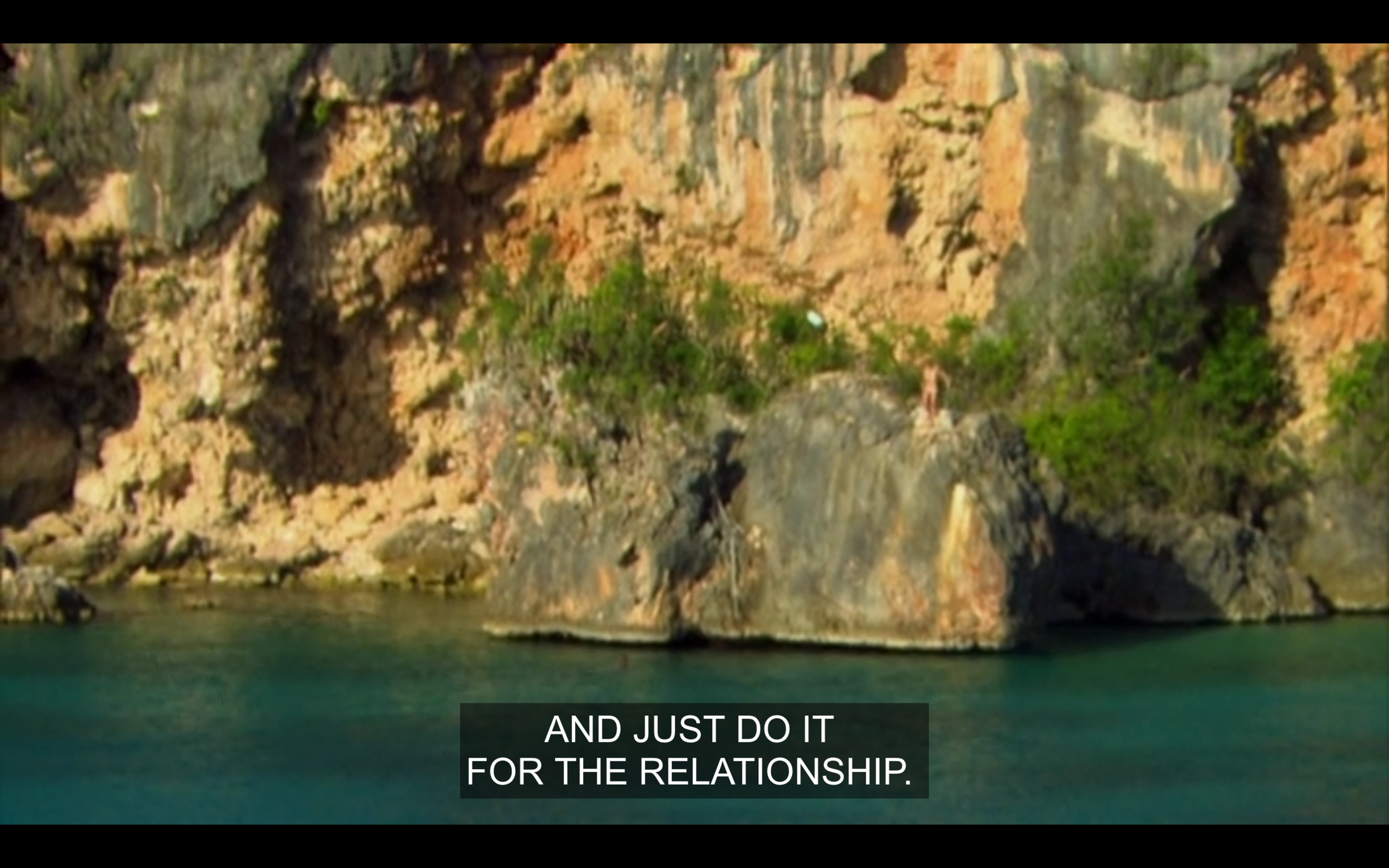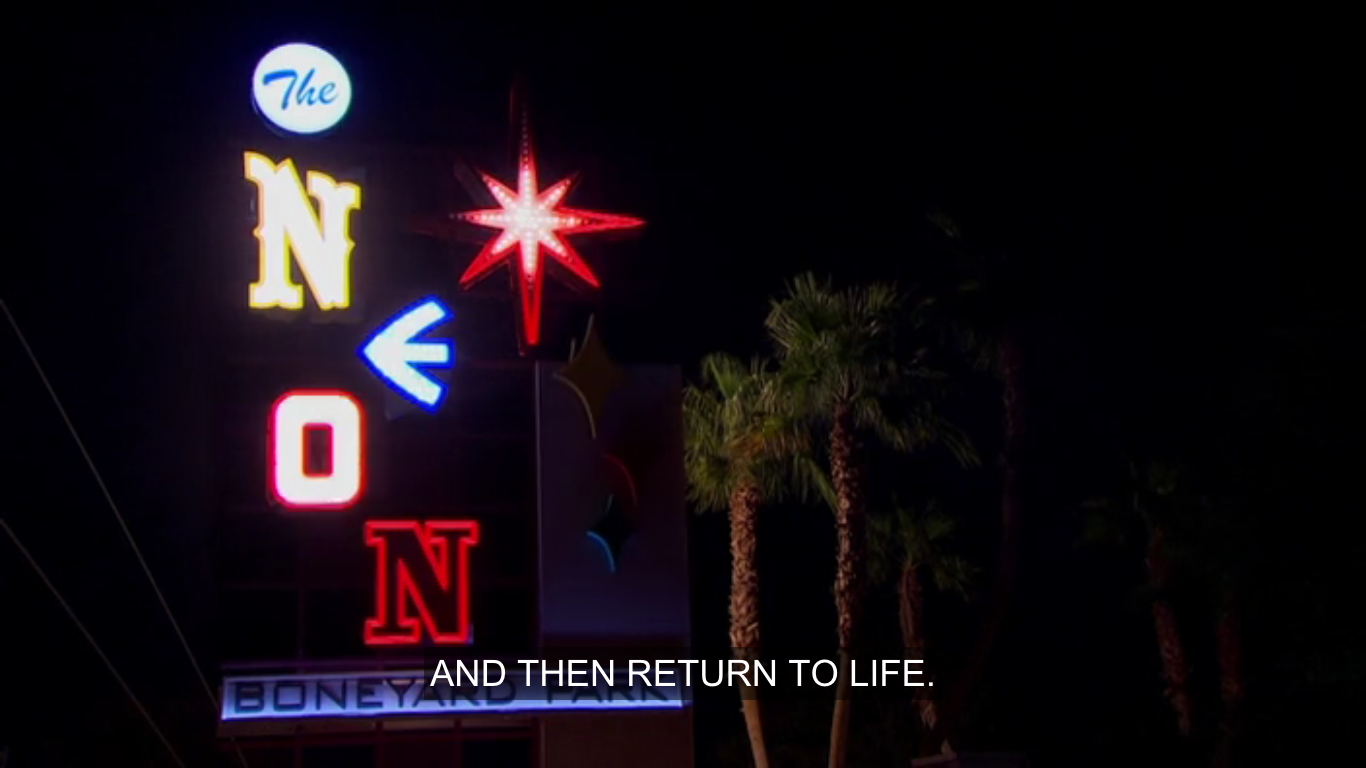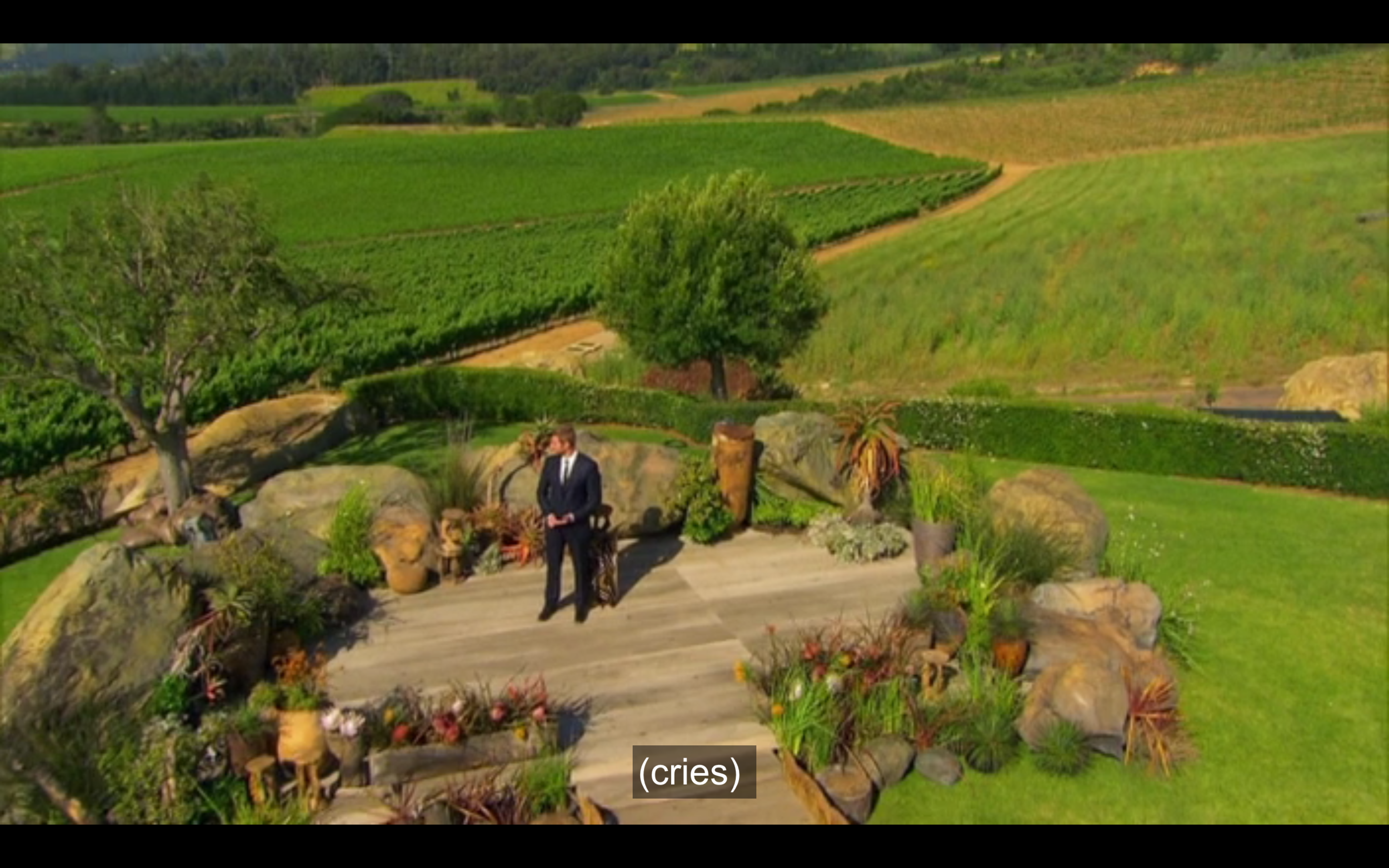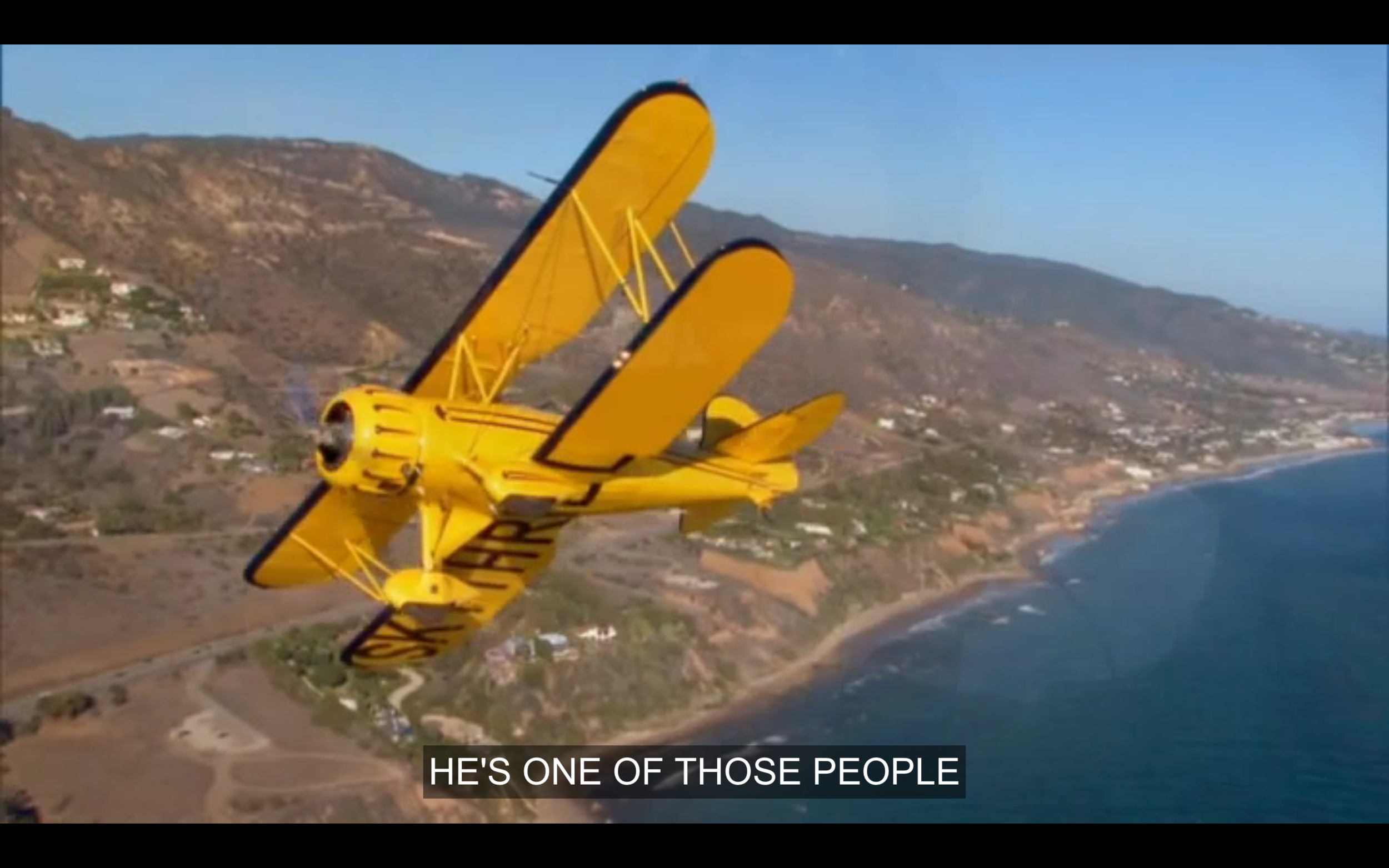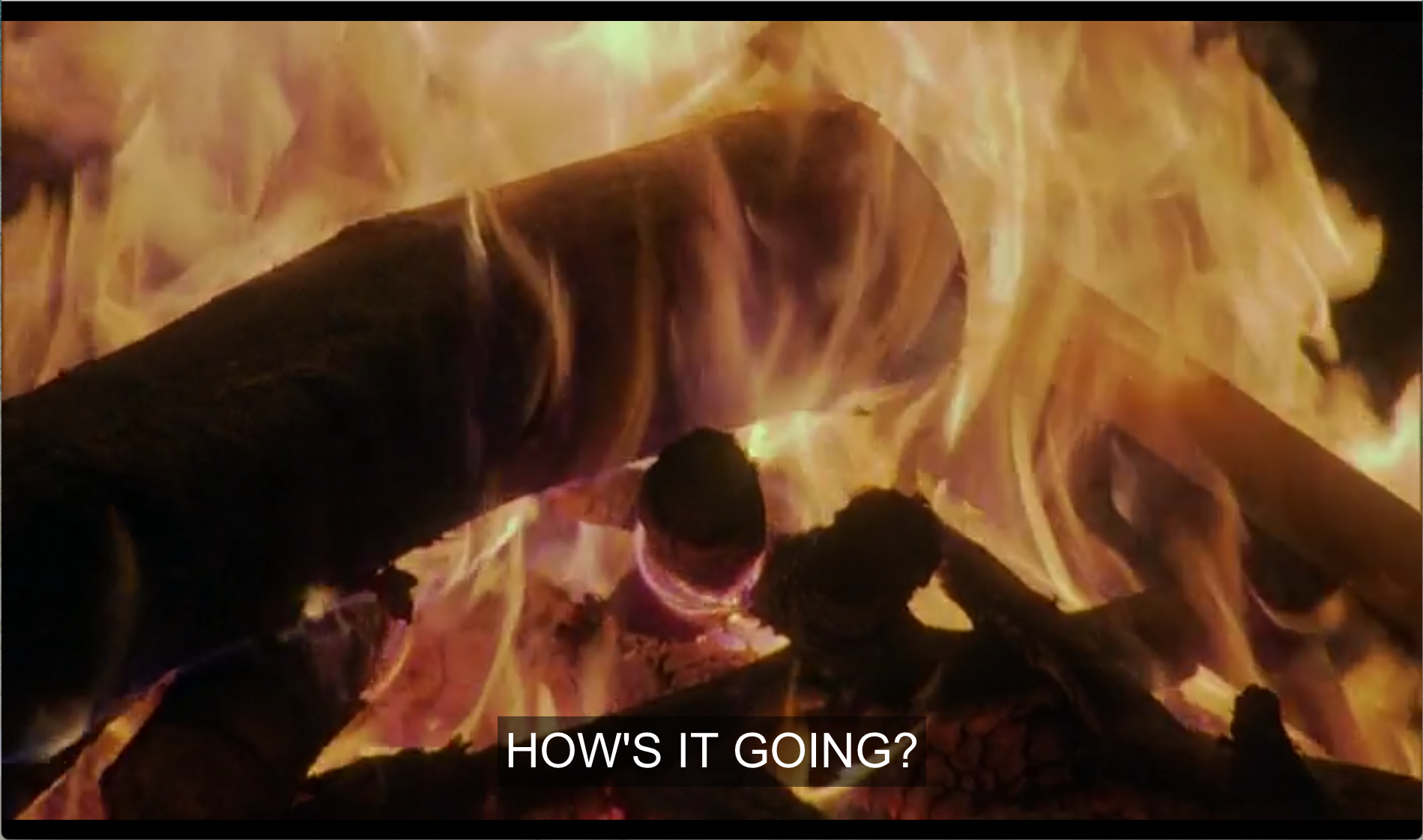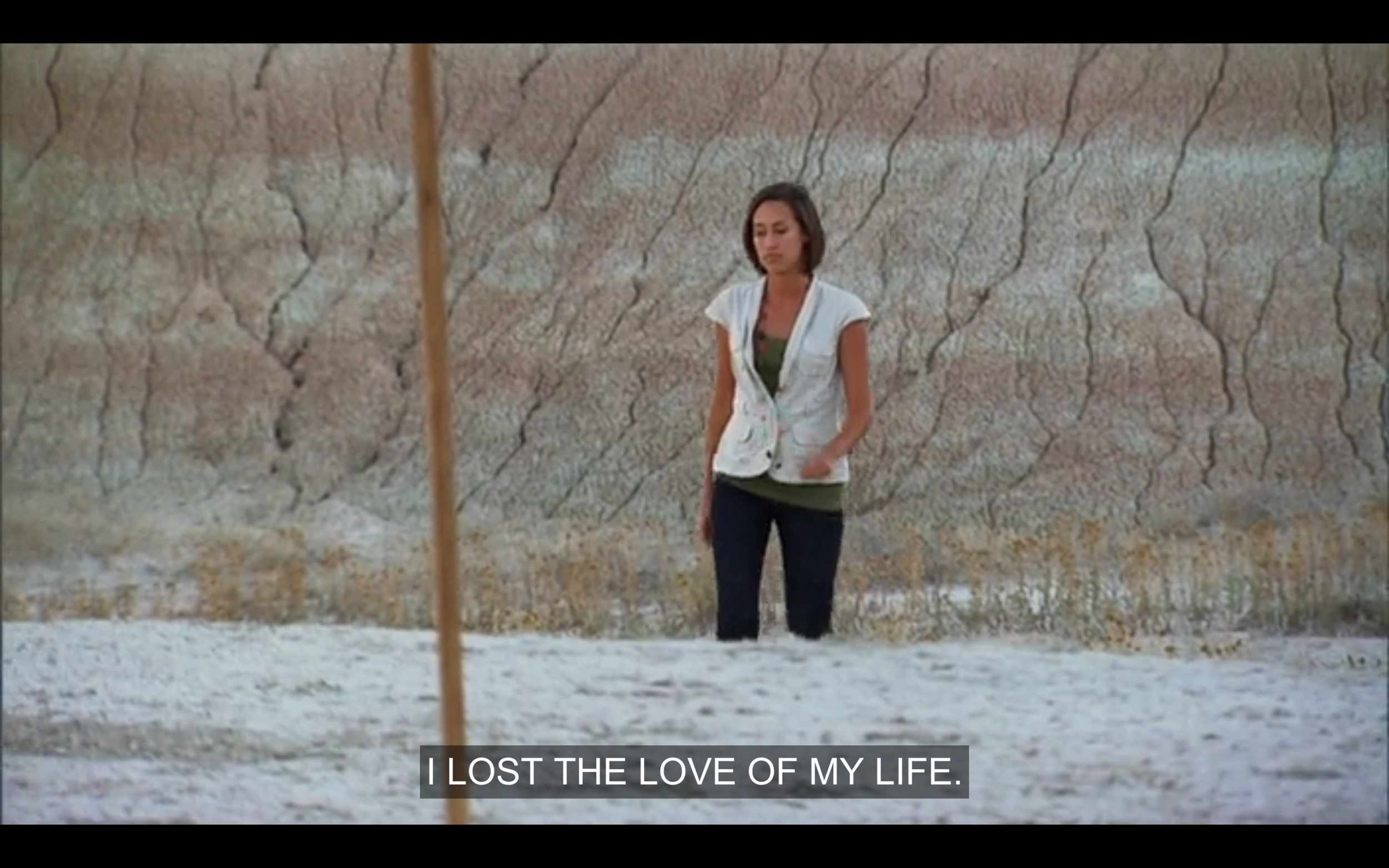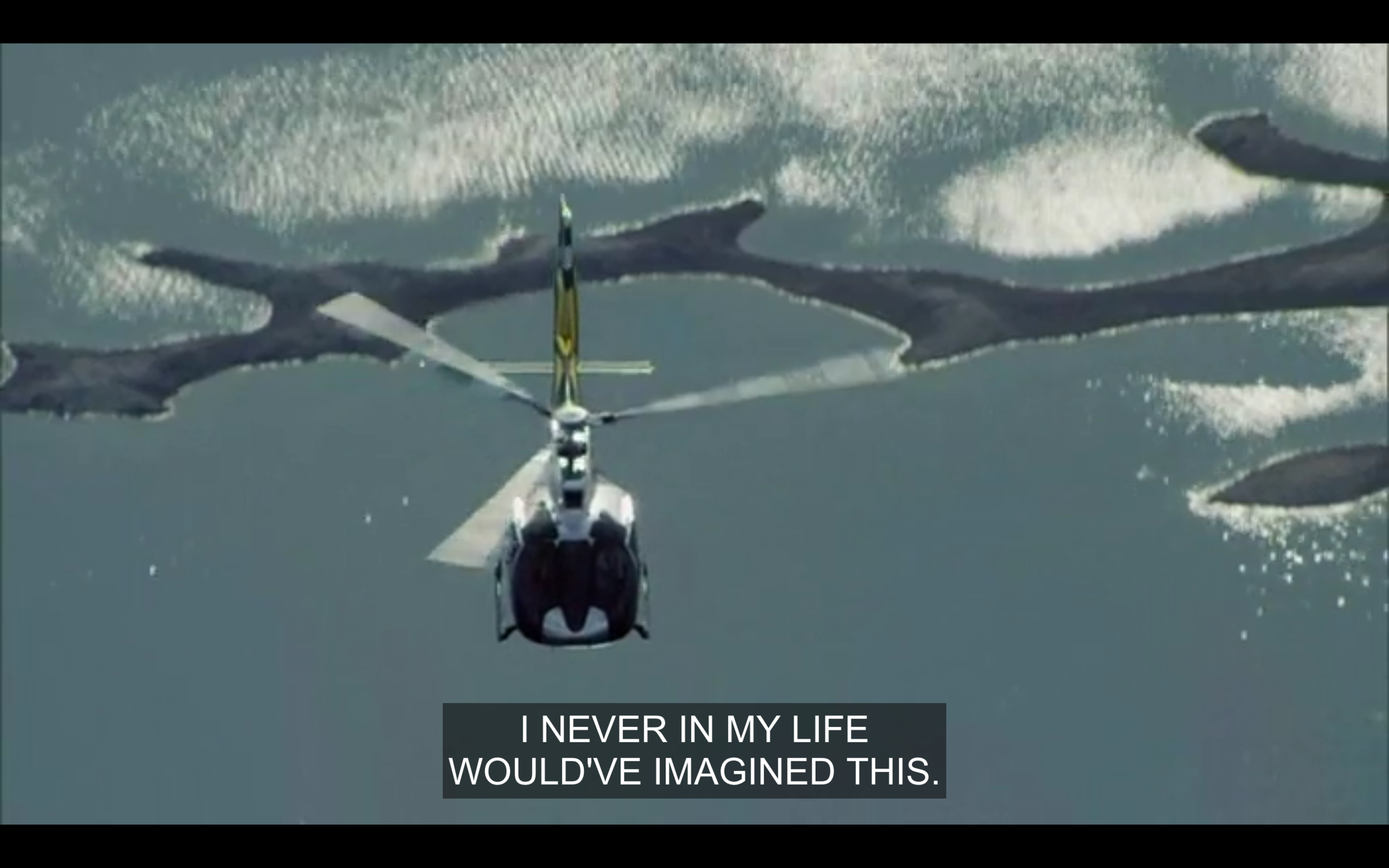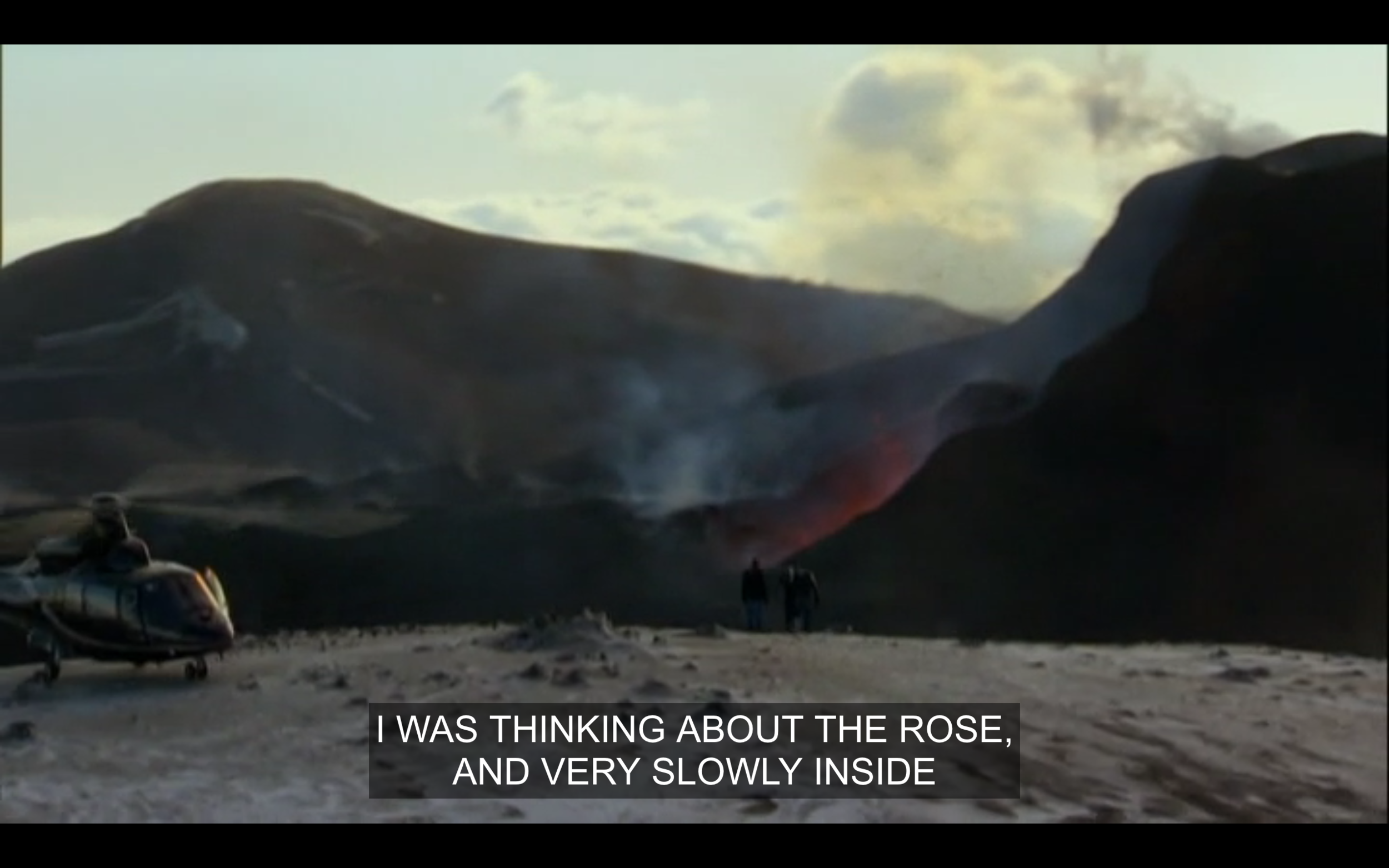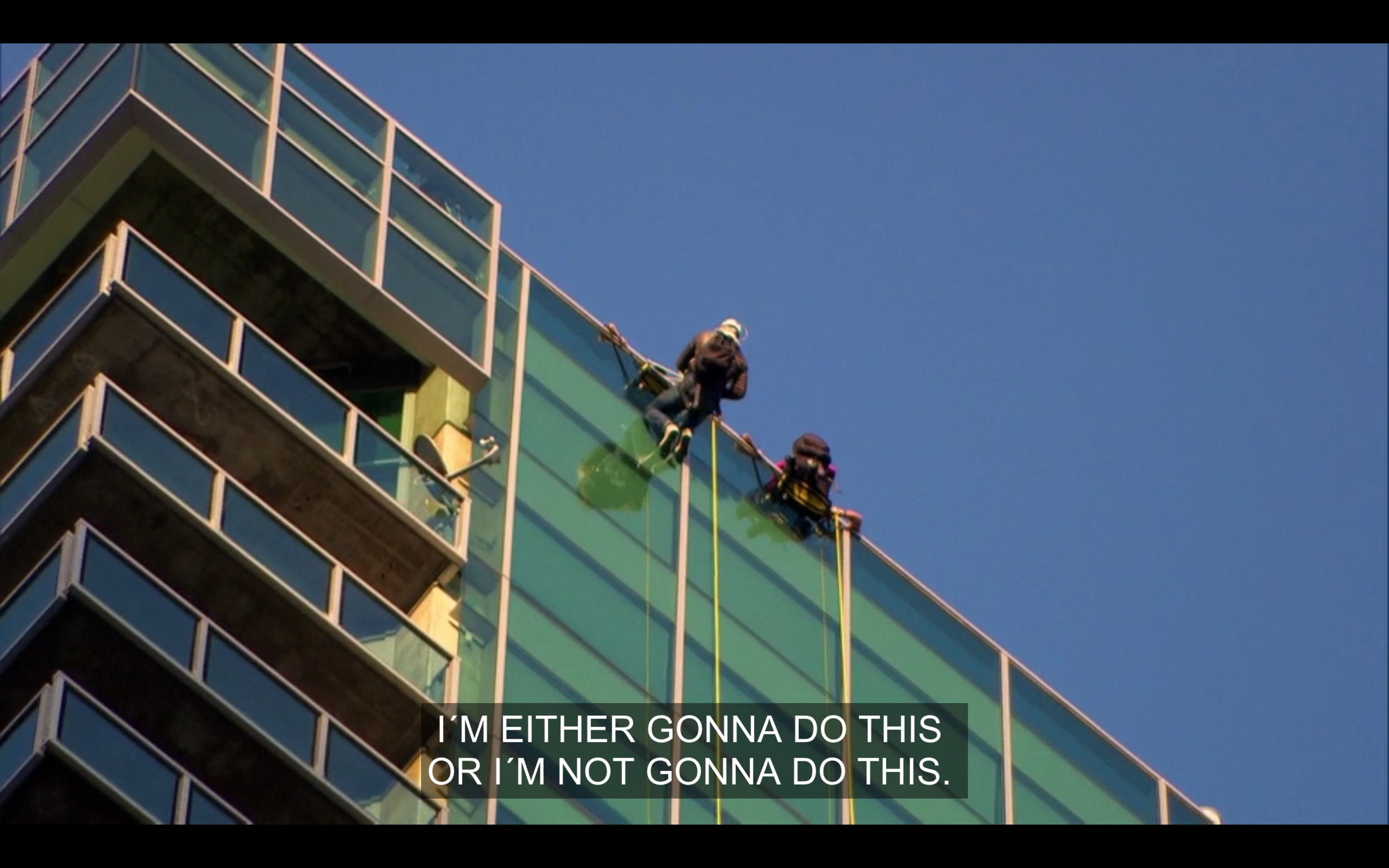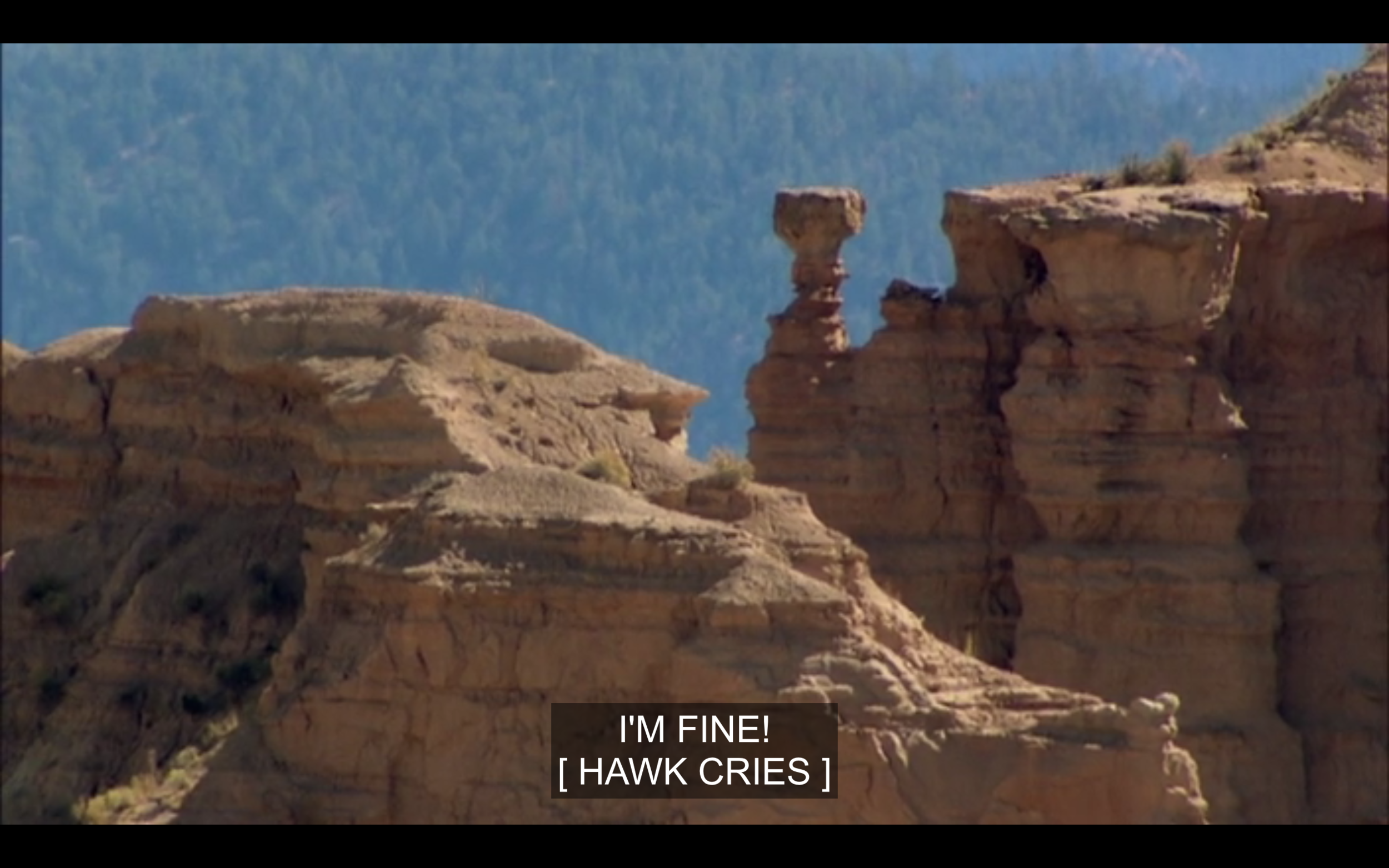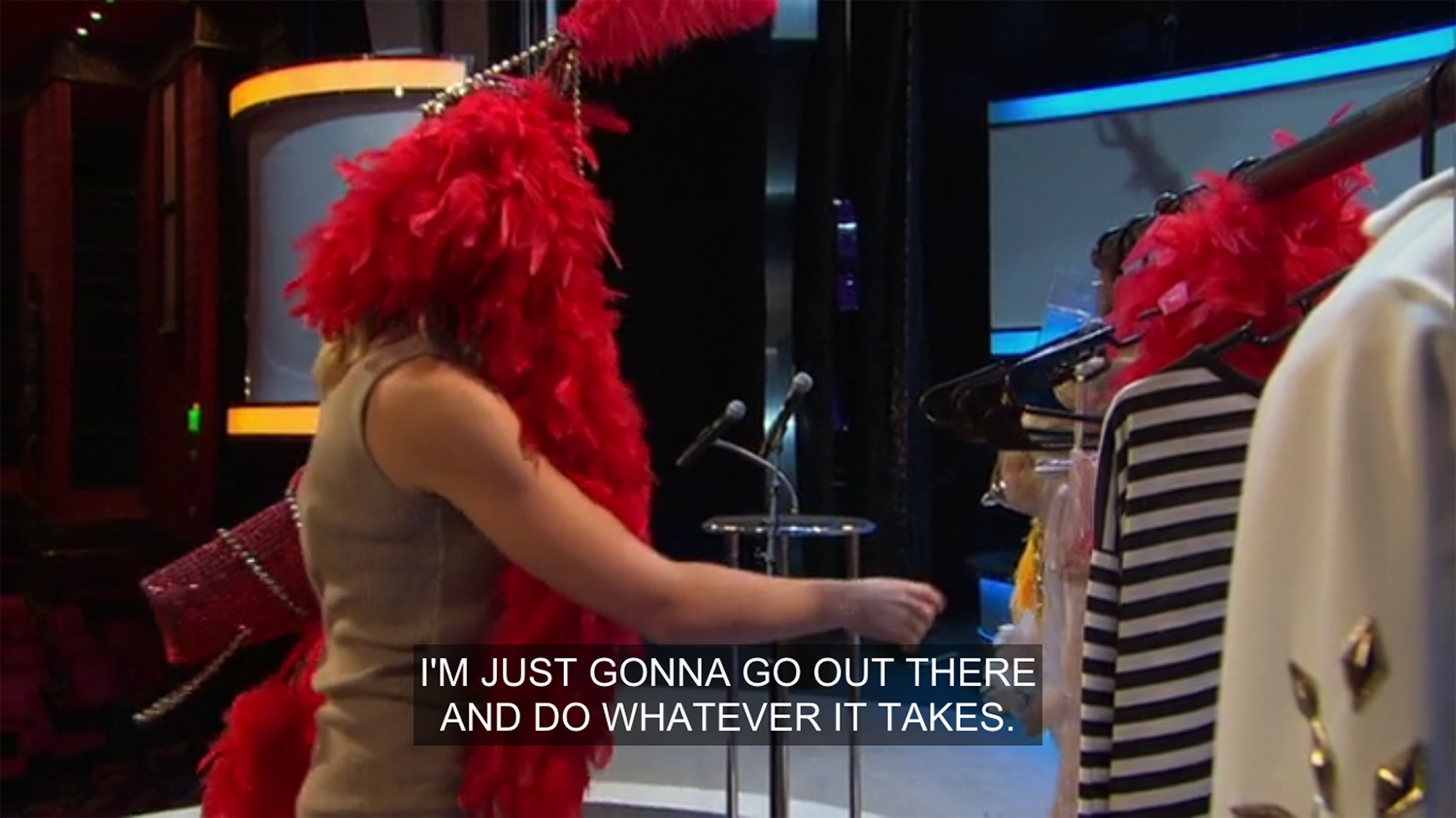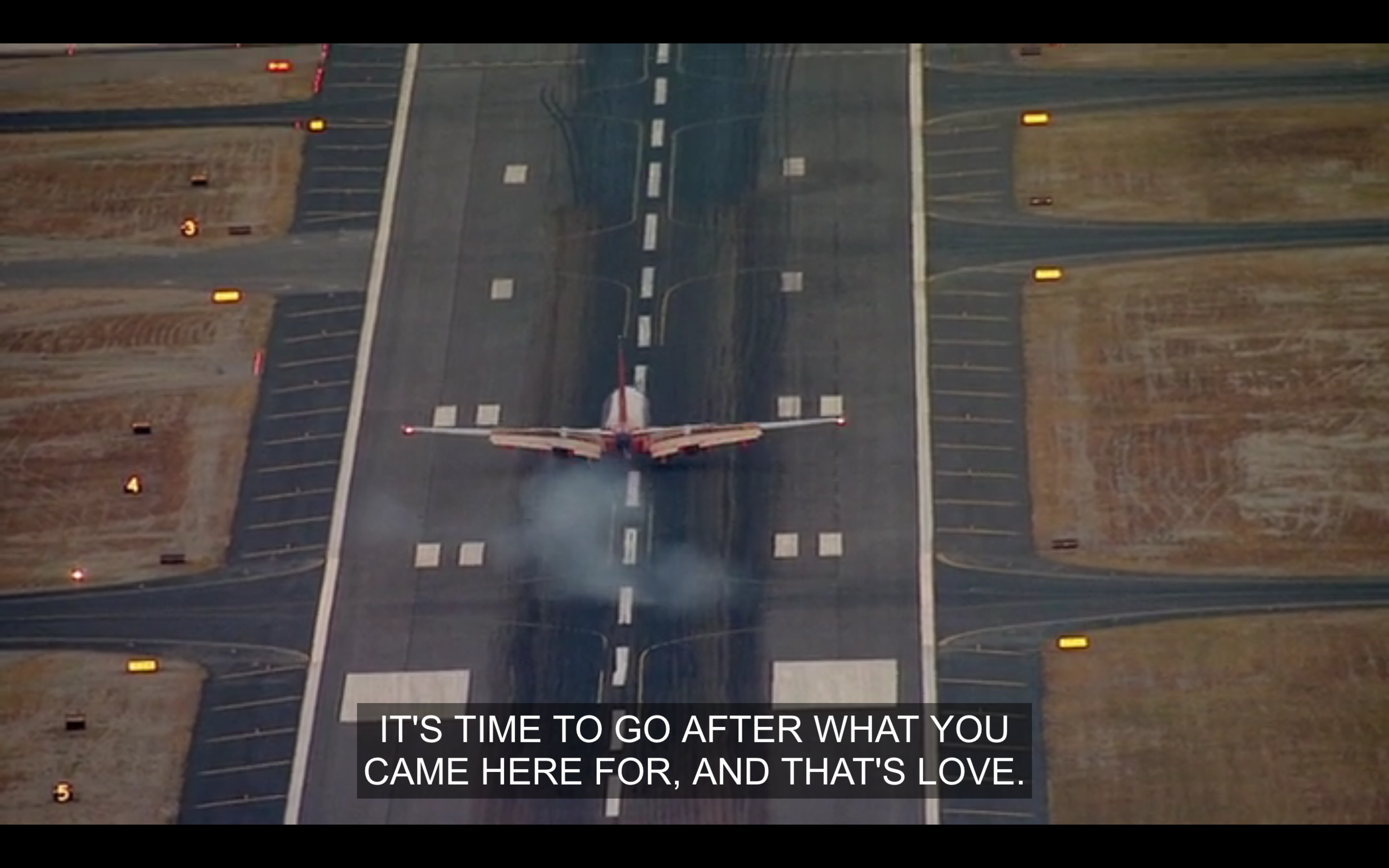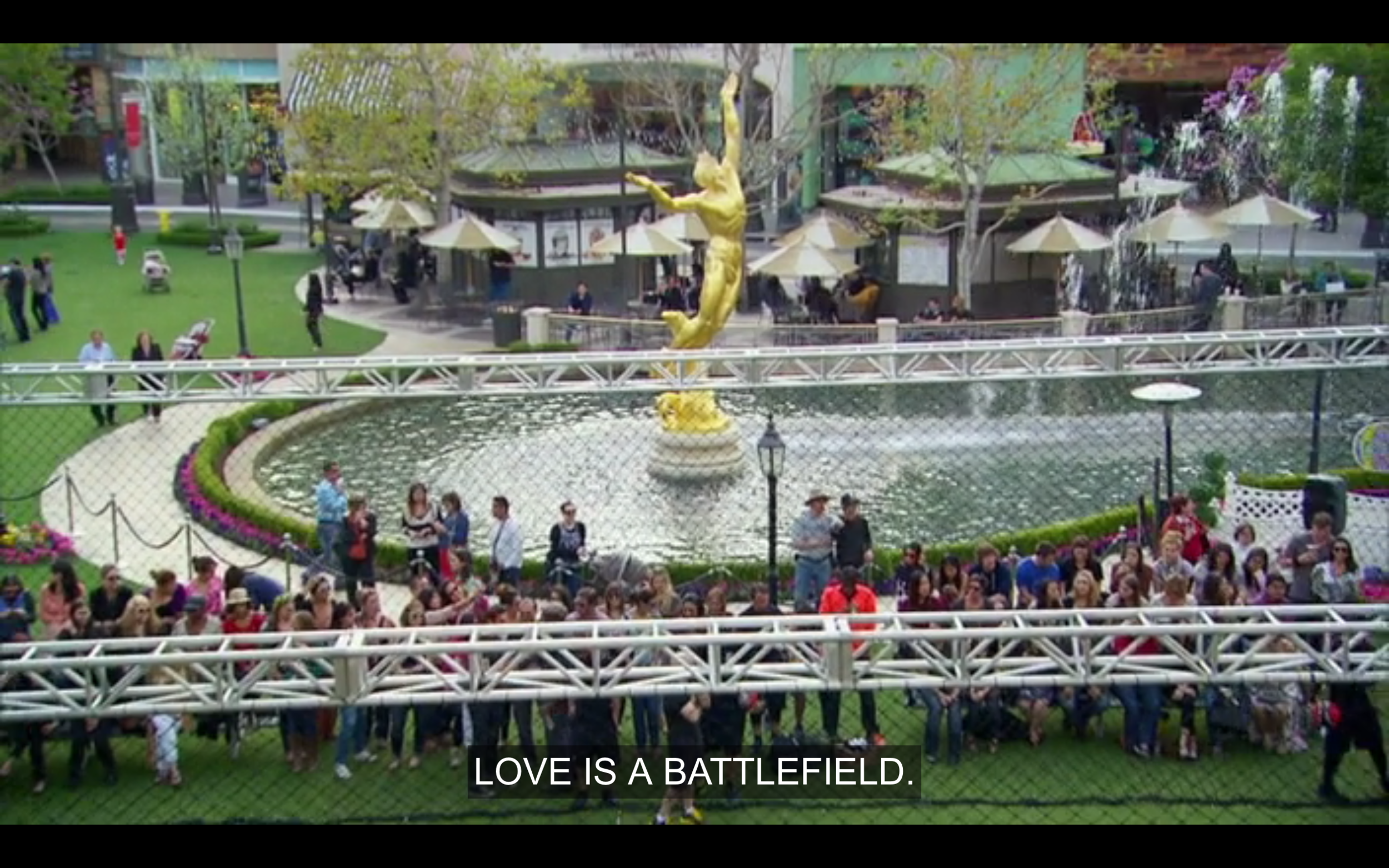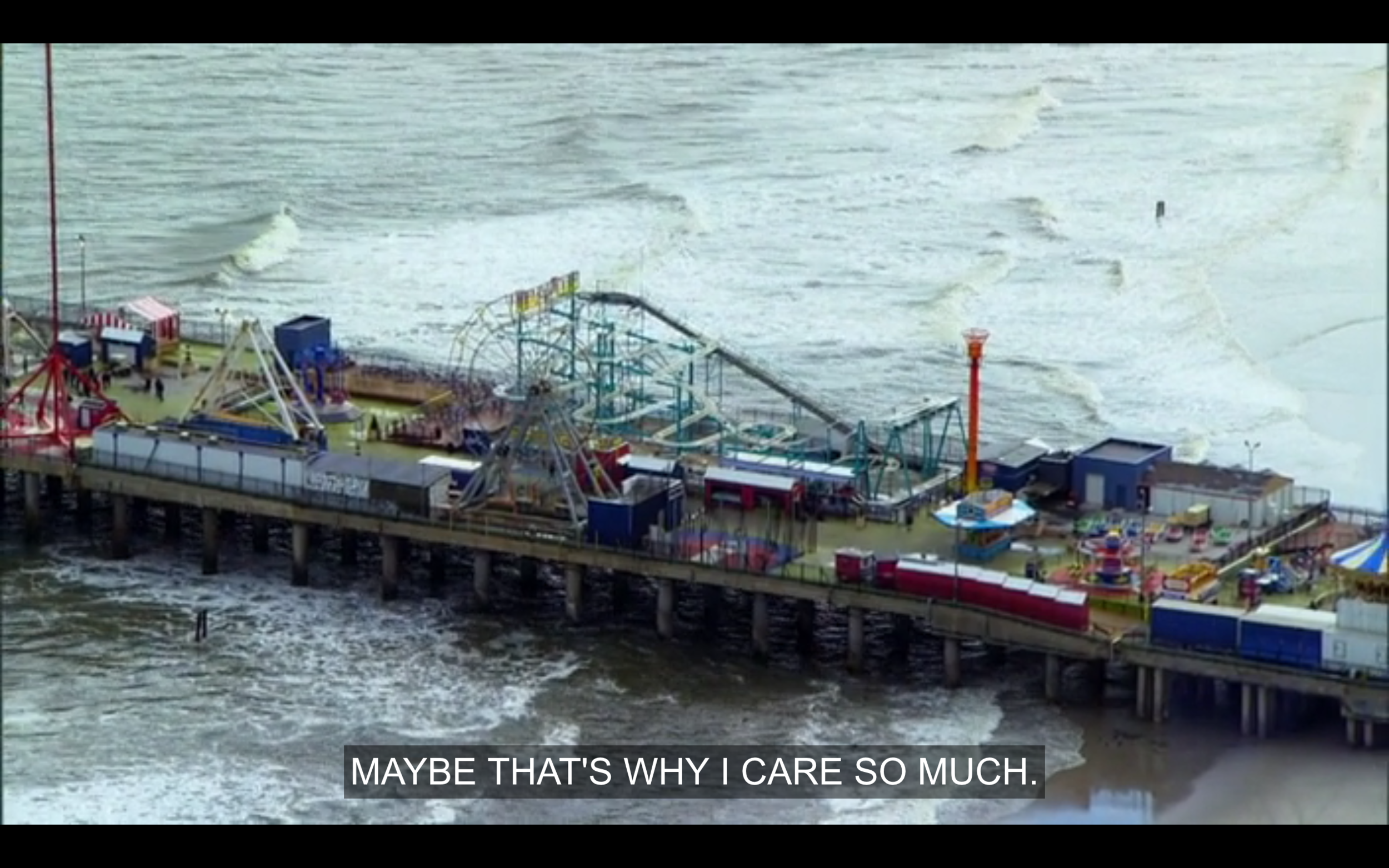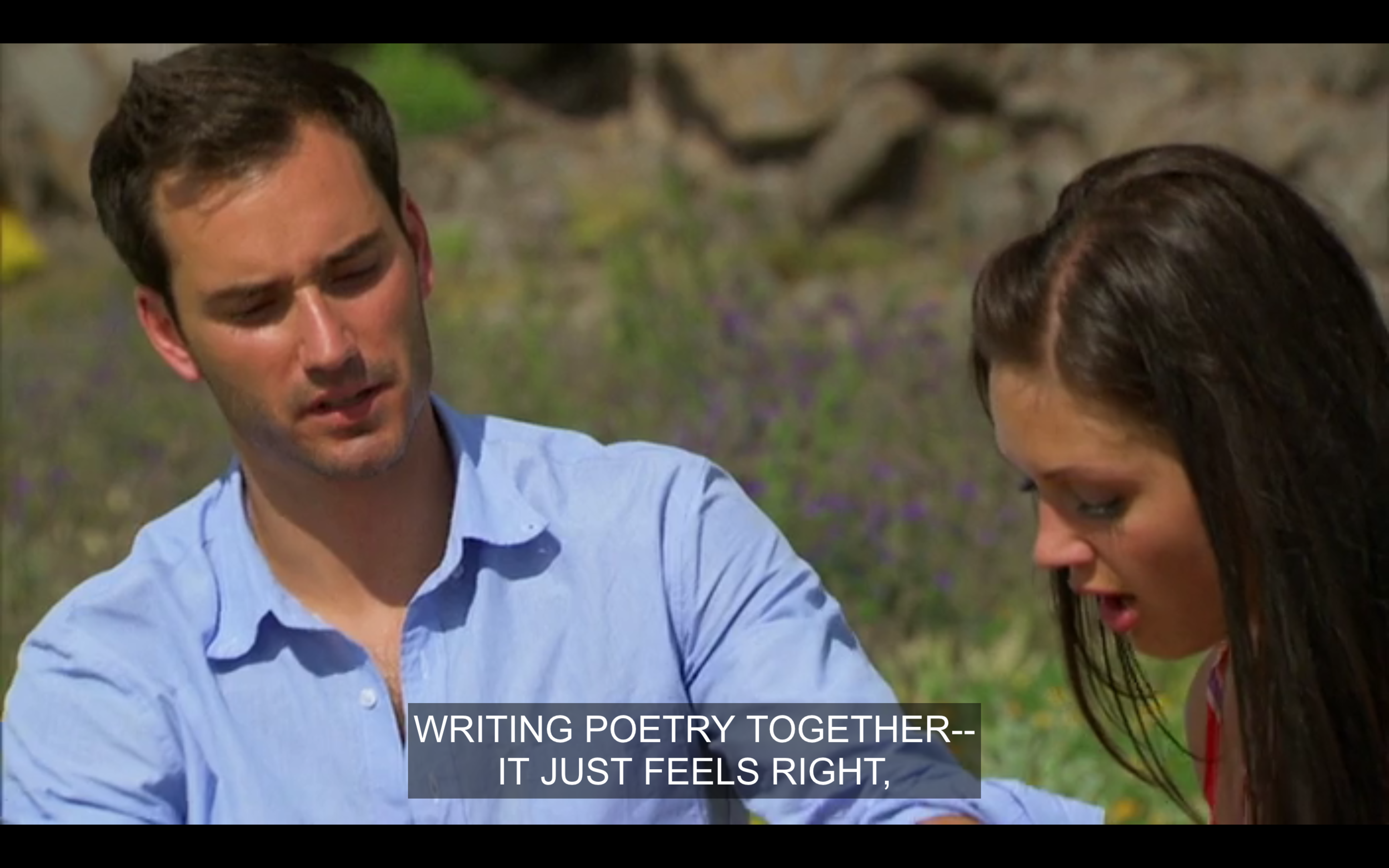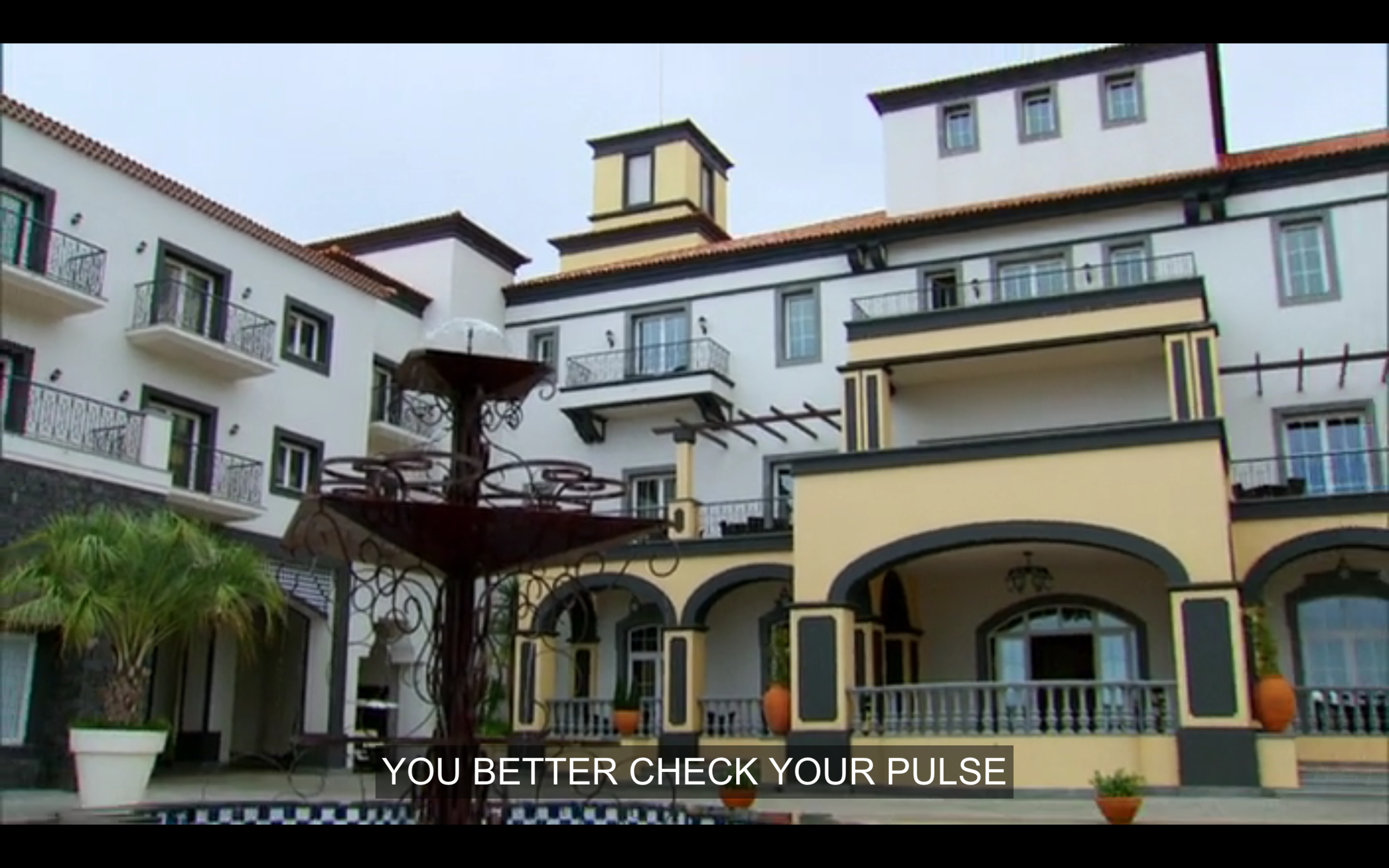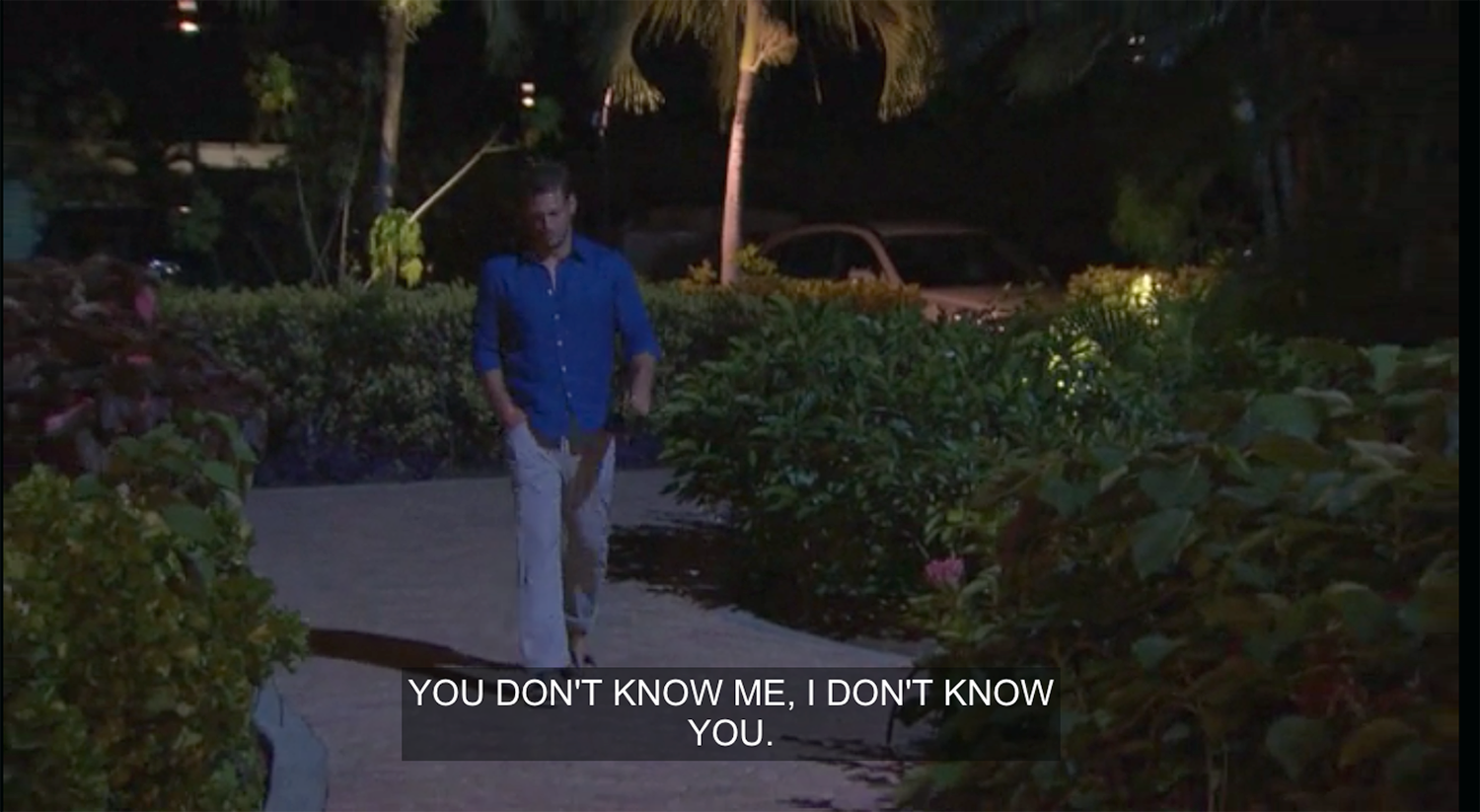CLEAN ROOMS. LOW RATES. is a collaborative, cross-genre exploration of the American motel. Standing at the intersection of economics, aesthetics, poetry, sculpture, documentation, and fiction, CLEAN ROOMS. LOW RATES. sheds light on the problematic character of seemingly ordinary things. By playfully and collaboratively immersing ourselves in a private-turned-public and mundane-turned-psychedelic space, especially one as aesthetically charged and culturally specific as a motel room, we allow ourselves to experience and examine the myth of the American dream.
CLEAN ROOMS. LOW RATES. is by Massachusetts-based writer Jeff Parker and UK-based photographer Brendan Barry. Over the past few years Barry has logged 22,000 miles driving back and forth across the US, photographing, among other things, empty hotel rooms. Inspired by the history of motels in some of the greatest stories of all time, Jeff Parker provided fictional texts to go with a selection of these photographs.
Additionally, LA-based installation artist Marina Fini will build a site-specific, hallucinatory, and immersive motel-room inside Mount Analogue for the month of November, extending and activating all that CLEAN ROOMS. LOW RATES. digs into as a book project.
“Can I see some of your photographs?” she asks.
I know my rights, but anything might happen in Machias, Maine. Luckily, I keep some pedestrian shots framing the good ones on the front and back end. I toggle through about five images, several highway structures of Machias, Maine; a dilapidated old house; the Do not disturb the disturbed sign.
from 'BLUEBIRD MOTEL, Machias, Maine'
You can almost mistake the coffee maker for a stuffed bear.
from 'MONTVALLEE MOTEL, Monterey, Virginia'
Once upon a time, in this place occurred, we can be certain, a few things: 1) Someone smoked. 2) Someone died. 3) Someone who shouldn’t have entered through the adjoining door.
Now, what do we do with this information? Watch a little nothing on TV. Go to sleep.
from 'MOTEL 6, ARIZONA'
I am put in mind of velour. I always leave a 3-4 inch gap in the curtain. So passersby can see just enough of whatever I have on offer.
from 'MOTEL, CALIFORNIA'
Brendan Barry is an English photographer whose work is mostly concerned with the notion of the journey, using photography as a tool for exploration and collaboration. His creative photographic practice combines elements of construction, education, performance and participation.
Jeff Parker has written, co-written, and translated several books of fiction, non-fiction, poetry, and Russian literature. He is the Director and co-founder of the DISQUIET International Literary Program in Lisbon, Portugal and he teaches in the MFA program at the University of Massachusetts Amherst.
Printed and bound by Gorham Printing in Centralia, WA
Publication date: November 5th, 2017
6x8in.
ISBN 978-0-9979794-2-8
Clean Rooms. Low Rates. by Jeff Parker and Brendan Barry is funded in part by a grant from the University of Massachusetts Amherst College of Humanities and Fine Arts.
To request a review copy or inquire about press for this title, please email themountanalogue@gmail.com.
POEMS AND COLLAGES
BY TED POWERS
FEBRUARY 28 2017
“MANNERS is kooky-gorgeous and secretly complex, with little book-arts Easter eggs hidden all over it. ”
“Ted Powers’ poems are real thinkers. His speakers isolate thoughts with gentle enjambment. I recommend that you walk to a restaurant and order extravagant food at the bar and read this book. It will make your food taste better. I’m serious.”
“If you are using a character naming her and using blurbs and quotes attributed to her you need to make sure she really said them. There are a lot of things online supposedly quoting her but they are not,, and it is illegal.”
“Manners contains the deep weirdness and perfect elegance of crying at your own party, throwing your guests out, spending all night hand-making gifts of apology, and in the morning, being elected president.”
“Ted Powers is like a Moog in a mortuary. He’s operating on an interesting frequency. “The trees are gloving again, which is / what they do when we’re not looking. / It’s totally sexual and actually pretty loving. / So I don’t look.” But he is looking, very carefully ... candles flickering at both ends of the long table.”
“The ache in this book is real. “Earlier today I thought I saw you alive…” begins “I Don’t Want To But Then I Do,” and then the poem continues, “…but it was just a trick/the light plays/on the world.” That resurrection trick is a good one, but the laughter it inspires is raw and wounded. You can’t stop staring at the Powers in these poems — bleeding, clutching his side, driving race cars, popping out to surprise you like a common circus clown — because he’s exactly as funny and sad and ridiculous and tragic as you are — only just a little different.”
COME CELEBRATE THIS BOOK WITH US • ALL ARE WELCOME • EVENT DETAILS AND RSVP HERE
DEAR TED
1. DEAR TED: I am approaching a wall. I know that behind the wall is something I would really like to have. I realize I am in a dream. The more I realize I am in a dream, the taller the wall gets until I can’t see its end; it extends into the sky. But I know that I would not choose to try to climb the wall unless I realize I am dreaming. What should I do? - LOST IN A DREAM
DEAR LOST IN A DREAM: I might be mistaken, but I believe you are in fact not dreaming, but playing Super Mario for Nintendo. Look down. Are you wearing a red shirt under blue overalls? If yes, you are perhaps taking the game too seriously. You are not the first person to confuse a bright screen for a dream, or a dream for a bright screen, or either for the world. What you want to do is climb the wall like steps, then jump onto the flagpole and slide down it. Then pleasant music will play. This is true also in life.
- GODSPEED, TED
2. DEAR TED: When you write a sympathy card to someone relating that you were sad to learn that they lost their Mother, is it proper to capitalize Mother? Even though it is not a grammar requirement, I have always thought to do this. We are wondering about this at my work. - CUBICLE BUD
DEAR CUBICLE BUD: Your office is full of tender souls. Remember that any single letter is exactly as important as each letter before and after it. Pay attention to its neighbors, not its size. Examine the whole neighborhood. Take the rest of the day off from work to explore. Fill out the Sudoku in the local newspaper with letters, the crossword puzzle with drawings of clouds. Buy something strange. Say, a fluffy scarf. Say it louder. Craft cotton candy into the shape of your spirit animal. Go to the good zoo, the one that's just an endless forest. Follow the river to the clearing where deer stare at you without expectation. Fall asleep in tall grass. Dream that all the small mistakes you made because you were clumsy or careless are a congregation of pebbles that line the road to where you are now. Wake up with the sense that years or decades have passed. We're all going to be alright if we mean well enough. What were we discussing again? I simply can't remember. - BE WELL, TED
3. DEAR TED: My parents often said to me, “Mind your manners”. What do you think this means? - MISMANNERED
DEAR MISMANNERED: This is classic misdirection. Your parents are speaking nonsense at you in an attempt to torpefy whatever of your behaviors they deem unruly. It's like when your mom says, "Wash the dishes" or "clean your room" or "respect your elders". Do not be torpefied! The trick is to beat them at their own game. Ask them a question, the posing of which nullifies its answer. As of right now, no such question has ever been posed. Okay, let me know how it goes! - UNTIL NEXT TIME, TED
IF YOU WOULD LIKE TO SUBMIT A QUESTION TO BE ANSWERED BY TED IN THIS COLUMN, EMAIL THEMOUNTANALOGUE@GMAIL.COM WITH YOUR INQUIRY AND THE SUBJECT LINE "DEAR TED".
MANNERS POEM-COMMERCIALS
#6 : THE CONSTELLATION
EDITED BY CW LOTT // 'VIRGIN CHILD OF THE UNIVERSE' BY UNKNOWN
#5 : I DREAM AMERICAN
EDITED BY CW LOTT // 'LA BIKINA' BY ESQUIVEL
#4 : I DREAM AMERICAN
EDITED BY CW LOTT // MUSIC BY WALL OF EARS
#3 : WHEN YOU LEFT I HAD TO START FOOD SHOPPING
FOR MY OWN FOOD
EDITED BY CW LOTT // 'TWO THOUSAND MILES' BY SEATTLE-BASED BANJO QUEEN ELSA HAY
#2 : DEFIANCE, OHIO
EDITED BY CW LOTT // 'HELLO BEAUTIFUL NOTHING' SONG BY WALL OF EARS
#1 : THE PAST IS ALL OVER
EDITED BY CW LOTT // DANCING WITH MYSELF COVER BY WALL OF EARS
Ted Powers is a poet and collage artist living in Massachusetts. He is the author of the chapbook Please Light Up (Slope Editions, 2015). He edits The Peach Basket: Poets on Basketball.
Risograph printing by Cold Cube Press
Offset printing by Saigon Printing
Perfect binding by Phil's Bindery
in Seattle, WA
Publication date: February 28, 2017
6x8in.
ISBN 978-0-9979794-1-1
To request a review copy or inquire about press for this title, please email themountanalogue@gmail.com.
“I cannot stress how laugh-cry brilliant and thoughtful this book is. The short, semi-dry essays about pop culture that bookend the narrative provide context without killing the fun of associations between the closed captioning and the still images.”
“There is real torment in Final Rose, a desperate internal struggle to be the object of a man’s desire. And that phrase, “object of desire,” is not just intended as a bland cliché: the monologue seems to indicate a need to not just be desired, but to be desired as an object, as something unfeeling and solid and nonhuman.
Theoharides is not laughing at these women, but she’s not buying wholeheartedly into the narrative, either. By capturing just the right instants, and by arranging those instants, DJ-like, into a particular rhythm, she’s focusing those voices into something raw and angry and painfully self-aware. It’s some kind of miracle of transmogrification: the artificiality of the sets and staging and over-explanation all combine into something recognizably human. She has Frankensteined reality TV together into reality. Cries for help have never been so painfully gorgeous. They’re so beautiful that you never want them to stop.”
OCTOBER 2, 2016
“
With all its restrictions and disturbances, this series allows luxurious room for imagination. The Bachelor as an escape is a sprawling, remorseless fantasy. The Bachelor as reflective of reality is terrifying; it’s also not so far off from Survivor or dystopian Y.A. novels like Allie Condie’s Matched, in which young women within a hellishly organized society are under orders to be scietifically “matched” with their future husbands. The Bachelor is corrosive and intoxicating. It’s hateful and celebratory. It’s absurd. It refuses to grow. It shows us what love is up against and the kind of dressy scarecrows we’re meant to obey. It shows us the recklessness of illusion and the limitations of the structures and expressions we recognize and recycle. It also makes me want more — more love, more talking about love, more inventions of love, more imaginings of love, more unembarrassed displays of love, more ways to be in love, more ways to recover from love; more ways to write about love and make art about love that don’t lean on the exhausting commitments we’ve made to homogeneity and linearity and misogyny. I don’t think there’s much to be guilty about, when it comes down to it. We’re in a precarious situation. Love is, too.
”
FINAL ROSE is a book length poem, a body of work, a collection of observations, and an ongoing series of screenshots captured while watching The Bachelor and The Bachelorette.
ISBN 978-0-9979794-0-4
Publication date: October 2, 2016
6 x 8 inches
188 pages
Perfect bound
Packaging also includes: one velvety red ribbon bookmark, rose petals, polypropelene sleeve, Rose Mail postcard.
HALIE THEOHARIDES is the author of the poetry chapbook INTO THE LEAF GLOOM, an illustrator of the Emily Dickinson Tarot Deck, and a participant in TRIPLE CANOPY's Publication Intensive. She is the Managing Editor of JUBILAT and lives in Florence, Massachusetts.
To request a review copy or inquire about press for this title, please email themountanalogue@gmail.com.
“
I experience reality as a system of power.
”
FINAL ROSE Q&A
WITH
ERICA DAWSON
PART ONE
Q: In what ways do you think money impacts love, if at all? Is there a “cost” to love?
A: I think money certainly plays a role in relationships. It can affect power dynamics. For example, I would be extremely uncomfortable if my partner supported me financially. I would feel somewhat passive in our relationship. I’m sure that’s not the case for everybody; but, it is for me. Is there a cost to love? I’d say an emotional cost, for sure. You invest your feelings and time in relationship. When it ends, there’s a loss. Your emotional wallet, if you will, is depleted. If it were to cost me actual money to love someone, I’d need to look into a job that pays more.
Q: In his book A Lover’s Discourse, Roland Barthes says: “I experience reality as a system of power.” In what ways do you think love is a power structure?
A: All relationships, even the relationship I have with my dog, have a particular power dynamic. No matter what kind of sex or relationship you have, at any given moment, someone is dominant and someone is submissive.
Q: The Bachelor and The Bachelorette are full of rules, imposed into the contestants’ experiences by the show’s producers. No phones, Facebook, email. They’re in a dome, as Ashley Salter put it, and this helps to create an illusion. What do you think this says about how we fall in love?
A: Thinking back to when I was in love, I definitely found myself living in a kind of illusion. It’s all sunshine and roses or complete and utter despair. There’s no gray area. That’s not how life is/works. .
Q: What are some rules of love that you’ve never questioned?
A: I question every rule.
Q: What is your phone’s romantic role?
A: If I want to tell someone I’m thinking about them, my phone makes it real easy to do it. I don’t even have to use words. When you use words all day, that’s a nice break. I’m all about an emoji right now.
Q: “Love is a battlefield” / “All is fair in love and war” / “Love sets you free” “Love is…” / & so on. What ways have you found to recover love from cliche?
A: I’m not sure we can ever recover love from cliche. We use cliche when we can’t find the words to describe something. We’ll never find the words to describe love. We have to rely on the cliche because that’s what we’ve got. We could simply negate the cliche (Love is not a battlefield / All is not fair in love and war); but that still doesn’t get us anywhere.
What ways have you found to recover from love? Do we ever recover? Sorry to answer with a question.
Q: What are the ways that you see art as an act of love? Do you think that art lives outside of any idea of love?
A: For me, writing is a kind of act of love. Even when I despise my subjects, they consume enough of me for me to spend time thinking about them, studying them, slaving over them. That’s a kind of love. Dysfunctional love, maybe. But still love. Or, at least, devotion.
PART TWO
Q: What are the ways that The Bachelor is a serious show about love? Is this possible? Serious?
A: No.
Q: In what ways, if any, is this show informational? In what ways is it rational?
A: It’s informational in that it’s what ABC (is that the network?) wants you think of when you think of successful relationships. Other than that, I don’t know that it has anything else to offer. Actually, it does offer a particular portrayal of unsuccessful relationships, too, I suppose. I imagine that’s part of why people watch--to see the rejection as well as the match.
Q: In what ways do you find The Bachelor and The Bachelorette’s complete lack of diversity to be against love or an unrealistic image of love?
A: At least there’s some diversity on shows like The Voice or Big Brother. Granted, I don’t watch The Bachelor/Bachelorette, but I’ve never even seen a person of color on a commercial for either show. It’s not a realistic portrayal of our world, let alone a realistic portrayal of love. Also, the fact that each season of the show ends with a proposal also seems pretty unrealistic. The whole thing, in terms of racial/gender/sexual dynamics, seems extremely manipulated and contrived.
PART THREE : Questions The Bachelor posts on their website as a part of of their contestants’ biographies
Q: Do you consider yourself a romantic and why?
A: Not in the traditional “flowers and candy and candlelight” sense. To me, romance can happen when you’re watching football, or cleaning the garage. It’s just spending time with that other person.
Q: What’s the worst date you’ve ever been on?
A: He took me on a picnic. I’m not a nature person. And it was too romantic. Order me a pizza and we’re good.
Q: Best date?
A: At home, in bed, watching Mean Streets.
Q: Meatloaf has a song that goes “I would do anything for love, but I won’t do that”. What will you not do for love?
A: Compromise myself in any way. This is me. Take it or leave it. That said, I do compromise in certain situations: if you want to eat Thai food and I want Greek, I can eat Thai.
FINAL ROSE Q&A
WITH
EMILY HUNT
PART ONE
Q: What is your phone’s romantic role?
A: I love my phone, fall into it easily, and hate to admit I'm addicted to it. I do nothing to attempt to extract and discard this addiction from my life. From the start, my phone and I have been very fluently in touch, with exponentially increasing attachment, with corresponding irritation, with confusion about whether reliance on a magical object even feels good, with thoughts about the differences between having something and knowing how it works, and without doubt that the connection is there, intellectually and bodily.
I can sense myself expecting, somewhere along the furthest edges of what each of us might become, that my phone will read my mind and then react, respond, acknowledge, and deliver accordingly.
Many of the poems I'm currently writing are, in either subtle or explicit ways, about my phone. One of them is titled, “My Phone.”
My phone is also a mechanism for taking and keeping, somewhat obsessively and with joy, photos of things I feel love toward in passing.
Q: What ways have you found to recover from love?
A: From the old, dusty gloom attached to the much older, dustier lack and losses of it, therapy! But there are many kinds of love, and some of them have never lead to pain and have never called for recovery—the love of the things I see walking, the love of strangers' gestures, the love of faces and voices, the love of realizing something new, the love of feeling alive.
Q: What are the ways that you see art as an act of love? Do you think that art lives outside of any idea of love?
A: I am in love with scenes—imagined or physically true visual information and material, combined in various iterations, in various lightings, moods—and I write toward them, to be with them when they're no longer near, or as I discover them, and to acknowledge the emotions and energies they carry. People are sometimes included in these scenes and responsible for the sensations they house, and I love to write into and about them. I am in love with what words can do. I see this as loving in lots of ways.
What I just answered is whether I see my own making art (poetry) as an act of love, as opposed to art itself being that act. I like this idea of a physical [art] object, or the presentation of an idea so interesting it becomes physical, being an action. I think art is a slack and wandering word for many reasons, one of which is that there is such a presence of hate around it. Everyone, artists and non-artists, have to respond to that hate, and they are aware of it as they make things and as they describe the things they choose to make or not make. As soon as you say "art," or "artist" at least a few people get bristly, distant, or even ashamed. Their bodies change. This is as interesting as it is tiring and sometimes sad.
In my eyes, art does not live outside of any idea. It's larger than ideas.
In certain hands or at certain moments, making is selfish, not generous, not loving, per se. Ideally, making becomes generous, if or once it is art. If it doesn't, it's not an act of love, it's an act of inquiry or an investigation of the self, or a way of asking for attention from someplace outside the self, or from people, which is a natural thing to ask for, but can veer into unproductive and sometimes self-centered territory. Which, in its way, is related to love, but is not love itself.
Q: What kinds of images or visual symbols do you associate with love? Why?
A: With certain oppressive ideas of love: movies, the dirty seats of a movie theatre. Popcorn and partially absorbed coke, and scenes about longing and happiness, advertisements, fodder for some tan cartoon idea of what is 'normal', within what forms one can seek this normalcy, this solution, this supposed warm human path.
Pressure can be a good thing; it can make us who we are. But it can take a while to notice it, and until then, it's really cruel and distorting. It's hard to be young[er], at the movies, at home and in the car, surrounded by mind-bending trash, not always sensing what's trash and what's art or love yet, what takes and what gives. There are countless images that are sources of pressure or essentially symbols of examples of romantic and nonromantic love, and in this way, associated with the word 'love' more than with the experience of love. I could write for a long time about the word love . . .
I associate air conditioning with love. Not an image, but a smell and feeling. Maybe because I grew up in the south where everything was air conditioned, and I spent many hours there consciously and subconsciously trying to figure out what love was.
In terms of images associated with actual love I have felt: my bed.
In terms of friendship, certain faces.
PART TWO
Q: If you’ve been watching the series for a while—do you have a favorite season and why? If you don’t watch the show, why not?
A: I have seen it before, but don't watch it regularly, and haven't seen an episode in many years. I don't want much TV. I did find myself watching a ridiculous show called “Married at First Sight.” It was about people who were forced into marriage with people they didn't know or like, based on a bunch of quizzes and therapy-style interviews by “experts.” I shouldn't say forced, I guess, because they signed up. They spent the whole time (which in TV world is like a week) coming to peace with the notion that “marriage takes work,” trying to convince themselves that maybe they would grow to like the person they'd been paired with if they “communicated better.” A sort of slanted, slippery application of a truth-turned-cliché that's been used so much it is ready to be abused? There's a great tether ball scene.
PART THREE : Questions The Bachelor posts on their website as a part of of their contestants’ biographies
Q: Do you consider yourself a romantic and why?
A: In terms of its associations with art and emotion, of course! Sounds really flat and boring not to be. It's impossible for me to imagine not being an artist and to imagine not being interested in the reasons people feel certain ways. I love paying attention to the ways people speak, move, behave, and look, and the ones I love I am in awe of. My feelings are key players in my life, the directions I go in. I am easily moved.
I don't consider myself a romantic in terms of certain definitions (e.g. sentimentalist), but there are probably lots of people who might consider me just that. Please read this lol
I do think it is useful to think about ideals, to consider what might make an ideal world, to feel fed up with the things that prevent any progress towards this, though I am aware that the definition of 'ideal' shifts, like anything.
Q: What’s the worst date you’ve ever been on?
A: There is a blur from when I first moved to the Bay Area and joined Tinder. . . several one-time dates that were so bland I can't remember the faces or what happened, other than the listing (where I grew up, what I studied, where I moved, moved to next, how many siblings I have, etc, while eating the ice that was left in my glass), and eventually I'd tap-hug them at the end and go run an errand or go to bed. Instead of an unexpected conversation occurring, a template unfurled.
Bland is not quite the right word, because discouraging as it was, it was ultimately intriguing to encounter these people and notice how some of their traits got repeated in dates with completely different people, and to witness myself in that kind of first-impression-on-a-person-I'll-never-see-again-and-immediately-know-I'm-not-interested-in space.
As I write I'm remembering more details . . .
I met a guy from Tinder at a bar and the first thing he did was make a joke/comment about how I was wearing all black, as if this was odd, to be wearing black pants and a black shirt. He was like “Wearin all black? I try not to scare people off on the first date, heh-ha.” I like pairing two blacks of different textures, and needless to say, I have never felt alarmed by someone wearing all black. Maybe he was just nervous and making a kind of almost-joke? . . . somehow this moment contained a lot of information and within a few minutes I knew I didn't ever want to hang out with him again.
On a Tinder date I told the guy what my job was at the time (working at a bookstore) and he burst out laughing and suggested I work for him, or that he pay me to hang out with him instead of going to work.
On another Tinder date I showed up and the guy's annoying friend was there, and they talked nervously and cockily about cars and boats and money to each other while I ordered drinks on their tab and missed my friends.
Dating via Tinder is a quick way to encounter to a rash of sexism. You go on a few Tinder dates and are struck with an overwhelming desire to recreate the world from scratch, or to find some door into another one where more men are more aware of what is happening and what they are saying. It is work.
My main answer to this question is a poem called “Emily,” I wrote while on Tinder and Ok Cupid that's published in Divine Magnet.
Q: Best date?
A: It felt like we were wandering around something new, and there was plenty of time to explore it.
“The more we see the Bachelors and Bachelorettes in ourselves, the more we see ourselves in them. They are more attractive and better socialized and cheerier than we are, but we’re comrades in romantic ineptitude. They, like us, have no idea what love is. They, like us, have no idea how to talk about it.”
FINAL ROSE Q&A
WITH
KELIN LOE
PART ONE
Q: In what ways do you think money impacts love, if at all? Is there a “cost” to love?
A: I had a really practical forecast for marriage. Like, “we’re already living together, what’s really going to change?” Instead, the wedding was MAGIC, and everything changed after that. We carefully, carefully wrote our own vows, one of which was something to the effect of “I vow to protect you as you die.” Death costs money. Health costs money. We are both chronically ill (celiac disease and type 1 diabetes), and we spend so much to stay healthy. I feel like it’s my job to stay healthy--I committed a life to someone, I offered my death to someone, I offered to protect someone as they die--I can’t promise those things and then just not take care of myself. He’s the love of my life, so long as I’m alive, so long as he’s alive.
Q: In his book A Lover’s Discourse, Roland Barthes says: “I experience reality as a system of power.” In what ways do you think love is a power structure?
A: If love is a power structure, it is also a continuum. At any given moment, the two of us love each other from different points of origin. I think the power comes in those origin points are heavily associated with need. If you need something, and you expect it from someone, they hold power over you. I’m disabled, and I need a lot of help at night. I’m not great at facilitating daily needs, like food, water, clothing, sleep, sex. And Michael needs things too. And this is the heart of codependency. We’ve worked ourselves out of a giant codependency spiral, and that is one yellow brick road of need, facilitation, love, exchange, and fear.
Q: The Bachelor and The Bachelorette are full of rules, imposed into the contestants’ experiences by the show’s producers. No phones, Facebook, email. They’re in a dome, as Ashley Salter put it, and this helps to create an illusion. What do you think this says about how we fall in love?
A: I think “dome” is really telling--I’m thinking of the romance of European cathedrals from my perspective as a dumb fifteen-year-old tourist. I feel the show trying to preserve a stereotype of romance (or vaults and vaults of hetero-romantic iconography). Hetero-romance, (heteromance??) stereotypically, doesn’t involve the communicative, destructive, and emotional flashes of social media. Just like society at large, the show is reaching for heteronormative through methods of control.
I think “falling in love” is such a media-perpetuated fantasy AND a real, real thing. I’ve only fallen in love the one time, and all I could think was “I’m living in an indie movie.” How fucked up is that? I can only experience that intense rush through the neurological filter of FILM? How weak-brained was I that I couldn’t process those feelings without the help of media? I’ve only “fallen in love for the first time” once, so maybe I’m just being protective of it… maybe I’m being protective of it because that the only falling in love that romcoms seem to cover…. There isn’t a lot of value put in “falling in love every day” or “falling in love all over again” or the daily upkeep of sustaining love over a lifetime.
Q: What are some rules of love that you’ve never questioned?
A: Communicate your feelings!
Give folks the benefit of the doubt (the first time they cross you).
FRIENDS ARE GOOD.
Q: What is your phone’s romantic role?
A: A few days ago, my grandfather had brain surgery. My mom has been texting my family updates and pictures from the hospital, and we’ve been sending my grandfather encouragements. Ooops, you said romantic, not love.
Recent texts between me and Michael:
“Shared checking just overdrew.”
“Can you make an appointment for the Prius for that wheel thing?”
“Headed to the dog park! Text me if you want to come!”
“BROOKLYN 99 STARTS ON 9/21!!!!!!!”
“TEDDY BRIDGEWATER TORE HIS ACL!!!!!!!”
“Phantom was crated at 7:10. He pooped and peed, but he threw up the little water he drank. He wanted no food, and he was really snuggly when he woke up. We played outside and his energy was normal. Still no food though!”
“Heeeey! How are you? We are almost done. I’m so tired!”
“Oh Jesus it’s already the 27th??”
“The Prius has an appointment for Sunday 10am.”
“I assume e. Coli works more quickly.”
“PUPPY CLASS IS CANCELED!!!!!”
“They are out of egg rolls! How does pasta and salad sound?”
“I’m going to sleep!”
“Found my keys!”
Some of the photos have been:
His keys in the door of the car.
Michael in his new suit!
TV channel list at his parent’s house.
Screen shot of plans being made via text for the exact same time as the Prius appointment.
A dream house.
Phantom at the Mall of America.
Phantom eating.
Screen shot of the lock screen with an alert from Google maps telling Michael how many minutes he’s away from Puppy Class.
Q: “Love is a battlefield” / “All is fair in love and war” / “Love sets you free” “Love is…” / & so on. What ways have you found to recover love from cliche?
A: LOVE IS MAGICAL. MAGIC IS IRREPRODUCIBLE.
Q: What ways have you found to recover from love?
A: Marriage Therapy.
Q: What are the ways that you see art as an act of love? Do you think that art lives outside of any idea of love?
A: If prose is normative language, language that follows the rules, than poetry is language that breaks the rules--specifically, to me, poetry is the breaking of language rules in order to resist oppression. And for me, resisting oppression is inextricable from hope and love.
Q: Do you think there is a contemporary version of love? Or an antiquated version of love? Possibly this idea is tied to gender roles, specifically power and control, and especially language.
A: I think a lot about different experiences of love in different time periods when I’m working at the Emily Dickinson Museum. Who WAS she in love with? Sue? The Master? Judge Lord? Kate Anthon? Thomas Wentworth Higginson? All I know is she loved with intensity, she loved attention from men and women, and that platonic friendships at the time were much more romantic. There seemed to be THROES of friendship, sweeping friendships, tender friendships. Perhaps the lines between friendship and romance were blurrier then. Or maybe Emily was ahead of her time.
Q: What kinds of images or visual symbols do you associate with love? Why?
A: Blood. One time, when Michael and I were in a rut, I asked him if we could become blood brothers. I ran and got a knife. We were too chicken. But after he got diabetes, about a month in, we used the pricker he uses to test his blood. It was still scary. We do it every once in awhile.
PART TWO
Q: What are the ways that The Bachelor is a serious show about love? Is this possible?
A: I think the contestants genuinely want SOMETHING. Love and want and need are all interwoven.
Q: In what ways, if any, is this show informational? In what ways is it rational?
A: I do think it’s helpful for me to see shitty people treating each other poorly. I’m always so surprised when a friend does it to another friend, and I think it’s good to just be reminded that treating people poorly is quotidian.
Q: If you’ve been watching the series for a while—do you have a favorite season and why? If you don’t watch the show, why not?
A: I think the first season: Andrew Firestone. I was in high school--sophomore or junior year maybe? He had it narrowed down to three people, one of which was someone everyone on the show called “Tina Fabulous.” Even when he called her name during the rose ceremonies he called her “Tina Fabulous.” And she was fabulous--she had her shit together (this is back when the contestants had careers). She could throw a football in stiletto heels--everything a 15-year-old suburban white girl thinks she needs to be. She set smart boundaries. She was never mean, but she could be direct. None of those women were sabotaging each other or themselves, and I could tell everyone really respected her. She got cut before the finale. I hated her and respected her at the same time. She taught me that you can be so solid of a person that your competitors respect you. Maybe that was all real???
Q: Does anything new ever happen, or is love just being recycled every season? Is that part of the appeal? The formula and familiarity we start to feel comfortably uncomfortable with?
A: I think we like judging people. We can’t judge our friends for the stupid shit they do to themselves and to each other, so it’s nice to blow off some steam and yell at people who have legally consented to be eavesdropped on.
Q: In what ways do you find The Bachelor and The Bachelorette’s complete lack of diversity to be against love or an unrealistic image of love?
A: It’s revealing. Heteronormative romance isn’t just homophobic; it’s also wrapped up in white supremacy; it’s classist, ableist, misogynistic, and xenophobic.
PART THREE : Questions The Bachelor posts on their website as a part of of their contestants’ biographies
Q: Do you consider yourself a romantic and why?
A: Nope. I’m disabled. I can’t depend on my body to have sex when “romance” calls for it.
Q: What’s the worst date you’ve ever been on?
A: Michael was my first and only boyfriend, and we never really dated. Maybe for like a month? We were best friends first, so dating just wasn’t something we did in the normal way. I can tell you about this uncomfortable date though:
It was the first time I’d been asked out to a bar. And I was so STUPID that I didn’t realize I was being asked out, so he and I spent three days being clever back and forth on facebook messenger. All of my girlfriends and gay friends helped--except Michael. He had no idea what to do. Finally, one of my guy friends pointed out that in his very first message he’d asked me out to Froggie’s on karaoke night.
BASICALLY I was terrified the entire time. Twenty-one-year-old Kelin listened to heavy metal and “electroclash.” He asked me what kind of music I liked, and that’s what I said. He said he liked “Kanye.” While I love Kanye today, boy did I think that was unimpressive answer. The date [was it a date?] went like that, lots of emotional cliffs and valleys, lots of shouting songs, lots of pretending to know the words to “Sweet Caroline.” All the while I was receiving texts from Michael in Latin. He’d text me in Latin and I’d respond in English. He did and didn’t know what he was doing. It was so comforting to have him there, to solve little puzzles for him. Later, Michael and I were at a wedding together. The guy who’d asked me to the bar showed up at the reception. Michael went to call his girlfriend, leaving me on the dance floor, and this guy yelled and yelled at me for how I’d left things between the two of us.
Q: Best date?
A: Michael and I drove around the Minneapolis cemetery in deep January. It’s the place where Minnesota-greats like Paul Wellstone are buried. The snow was falling thick and soft. An eagle flew over our heads and we ran like mad after it. Over a hill, we found it, sitting in a great tree, watching us. We loved that date so much that we got engaged in that cemetery, in deep, sweaty August, while a landscaper holding a powerful hose between his legs watched on.
Q: Meatloaf has a song that goes “I would do anything for love, but I won’t do that”. What will you not do for love?
A: I think, for me, the question is “What would I do for myself?”, not “What would I do for love?”
Q: Other comments?
A: Noelle from Denver (can’t remember which season) took my family portrait.
FINAL ROSE Q&A
WITH
LEIGH PATTERSON
PART ONEQ: In what ways do you think money impacts love, if at all? Is there a “cost” to love?A: When you have to pay for more than your own mistakes.Also... somebody always has to pick up the check.Q: In his book A Lover’s Discourse, Roland Barthes says: “I experience reality as a system of power.” In what ways do you think love is a power structure?A: Power’s weight is most felt when there is inequality. I don’t consider love a scale-balancing exerciseQ: The Bachelor and The Bachelorette are full of rules, imposed into the contestants’ experiences by the show’s producers. No phones, Facebook, email. They’re in a dome, as Ashley Salter put it, and this helps to create an illusion. What do you think this says about how we fall in love?A: Is this kind of the same as the “ignoring all your friends when you fall in love” stereotype? Kind of. I have experienced love in a vacuum, during which I didn’t care about my phone. Also I think a lot of love is situational, the result of timing or confinement or other occurrences where maybe you weren’t shut off from society but you were in some way alone in your experience.Q: “Love is a battlefield” / “All is fair in love and war” / “Love sets you free” “Love is…” / & so on. What ways have you found to recover love from cliche?A: To differentiate personal experiences of love with familiar formulas or media patterns.Q: What ways have you found to recover from love?A: “Life is suffering — and yet”Q: Do you think there is a contemporary version of love? Or an antiquated version of love? Possibly this idea is tied to gender roles, specifically power and control, and especially language.A: Sure. My first inclination is to think about some sort of freedom to self-actualize an experience, but I actually think this says less about love and more about opportunities to be heard. So, I’m not sure. Maybe a contemporary version of love is only a shared Netflix account.PART THREE : Questions The Bachelor posts on their website as a part of of their contestants’ biographiesQ: Do you consider yourself a romantic and why?A: No. For a long time I felt guilty about this but my emotional capability is a little too limited to realize romance in this wayQ: What’s the worst date you’ve ever been on?A: I bought him a weird artisanal macchiato (his order) and then he talked to me about his grandma’s illness for one hourQ: Best date?A: We sat at a cafe and didn’t talk, just watched the people around us and nodded in unison when something was funny
FINAL ROSE x PHOEBE BULKELEY HARRIS
Phoebe Bulkeley Harris made five screenshot captures from FINAL ROSE into special edition embroideries. These will be sold with five special editions of the book at the Northampton Print and Book Fair, and online.
ROSEMAIL
In an attempt to communicate and spread the project of FINAL ROSE in the most romantic and analogue way possible, FINAL ROSE author HALIE THEOHARIDES began her ongoing correspondence project, ROSE MAIL. Purchasers of a ROSE MAIL postcard receive an image from the FINAL ROSE archives and a love note from Halie herself.
See more & get involved here, here, and with #rosemail.
“
The collection of video stills from The Bachelor—many augmented with closed caption text—sequences a Warholian terrain of narcissism and beauty, sincerity and emptiness. These are fragments of real lives, real desires, real love, real performances—distilled, sequenced, edited, and produced as real life.
”
Join us for a special ROSE CEREMONY celebrating the release of FINAL ROSE into the world.
8:00PM, OCTOBER 2nd, 2016, Following the Northampton Print and Book Fair (come see us there)
Studio 421, The Brushworks Arts & Industry Building
With performances and readings by:
Patrick Gaughan / Xfinity Theater
Chelsea Hogue
Caroline Belle Stewart
Ted Powers
and
Halie Theoharides
Also featuring wine and beer for $2, music by DJ CW, a Love Poem contest with swag prizes, and more
roses, tea lights, and romance than you can probably handle.
WE’RE JUST SO READY FOR LOVE
Additionally, Mount Analogue will be a featured press and Halie Theoharides a featured reader at the
Northampton Print and Book Fair’s kick-off party Saturday, October 1st at 13 Queen at (located at 13 King Street)
in downtown Northampton. More Here
All of this made possible with a generous grant from the Northampton Arts Council. Thank you to them for their support of the arts.
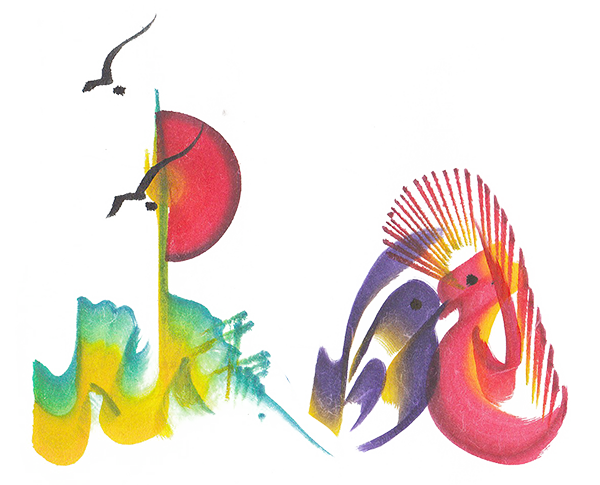



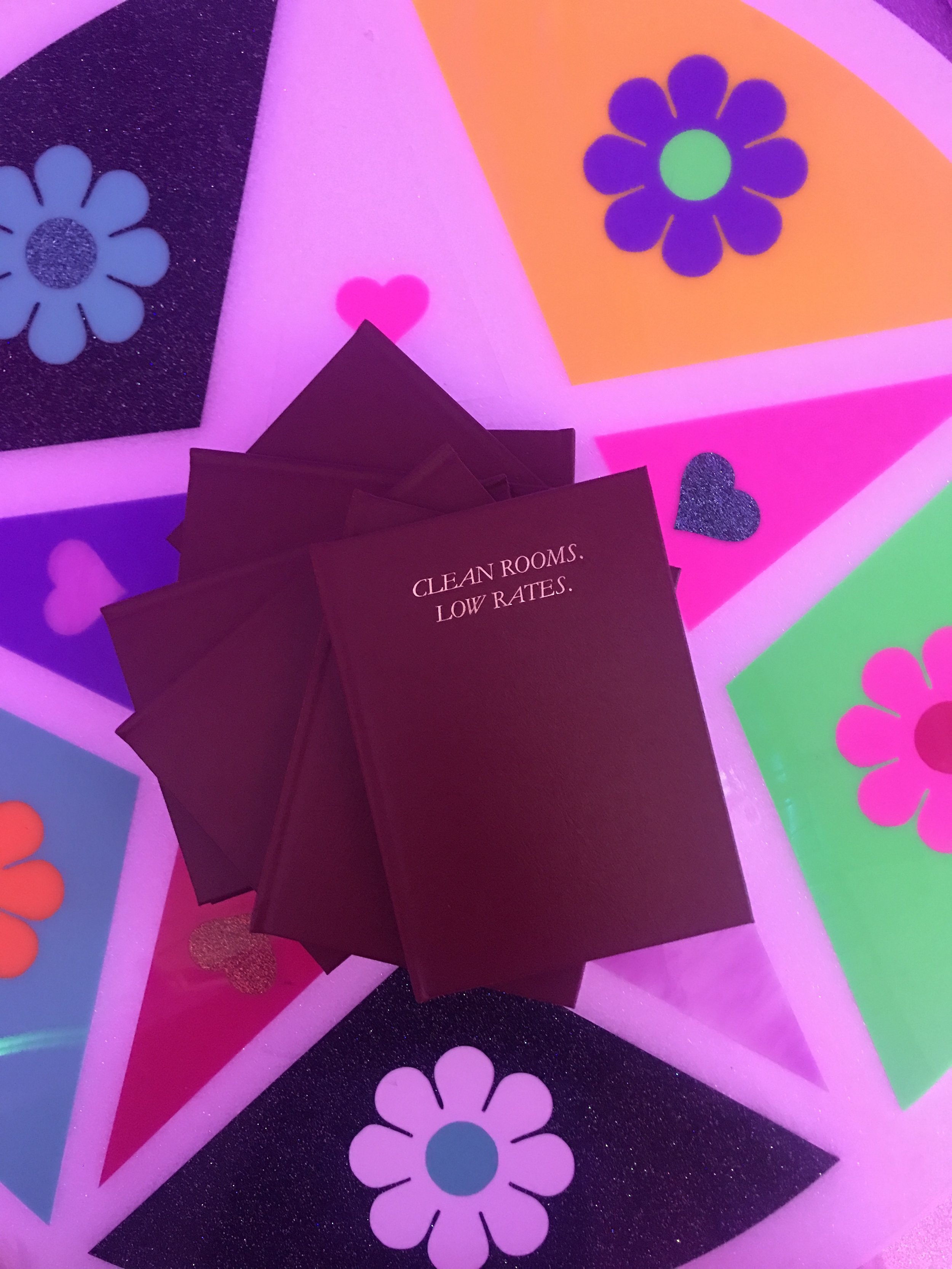
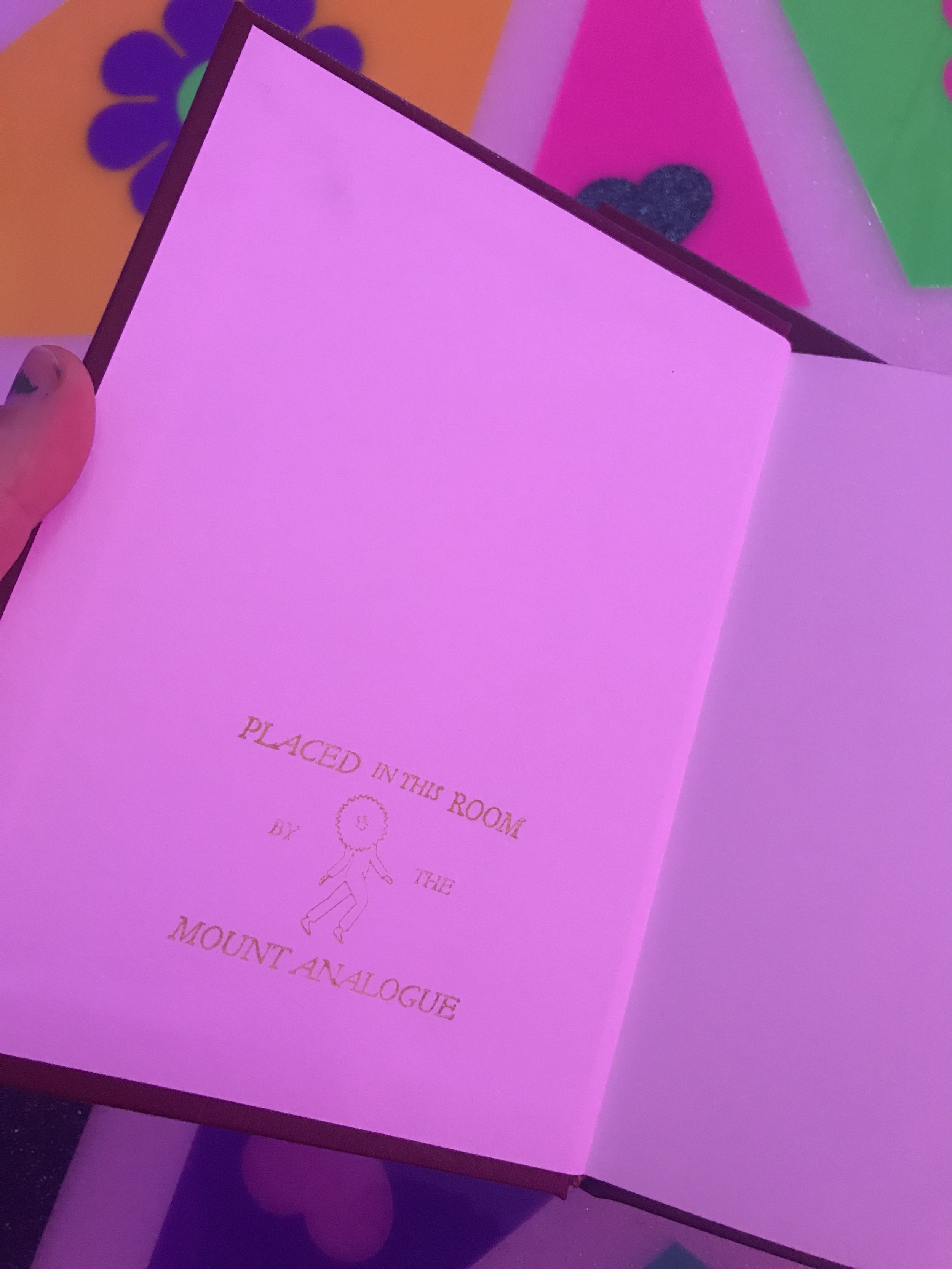
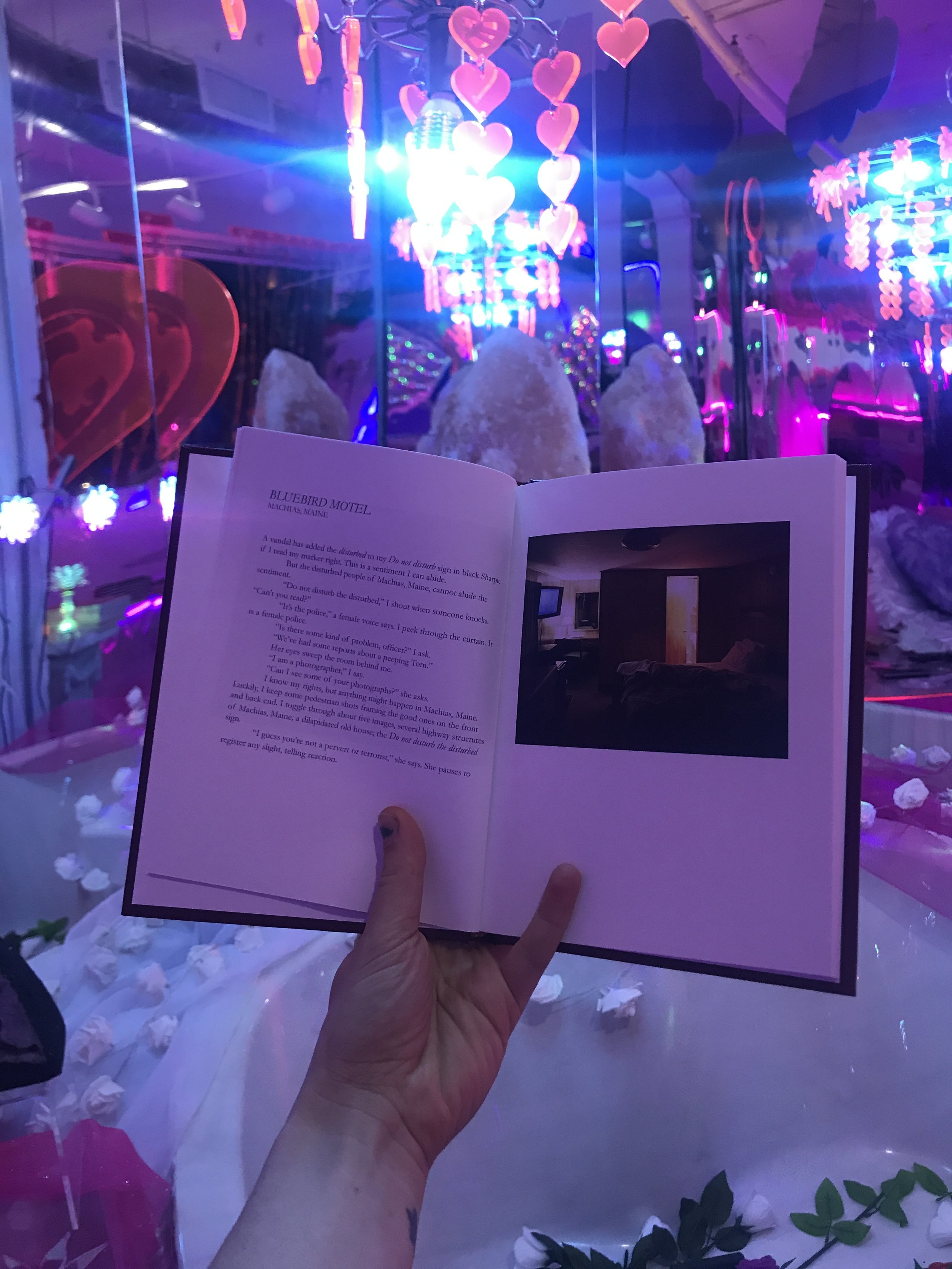
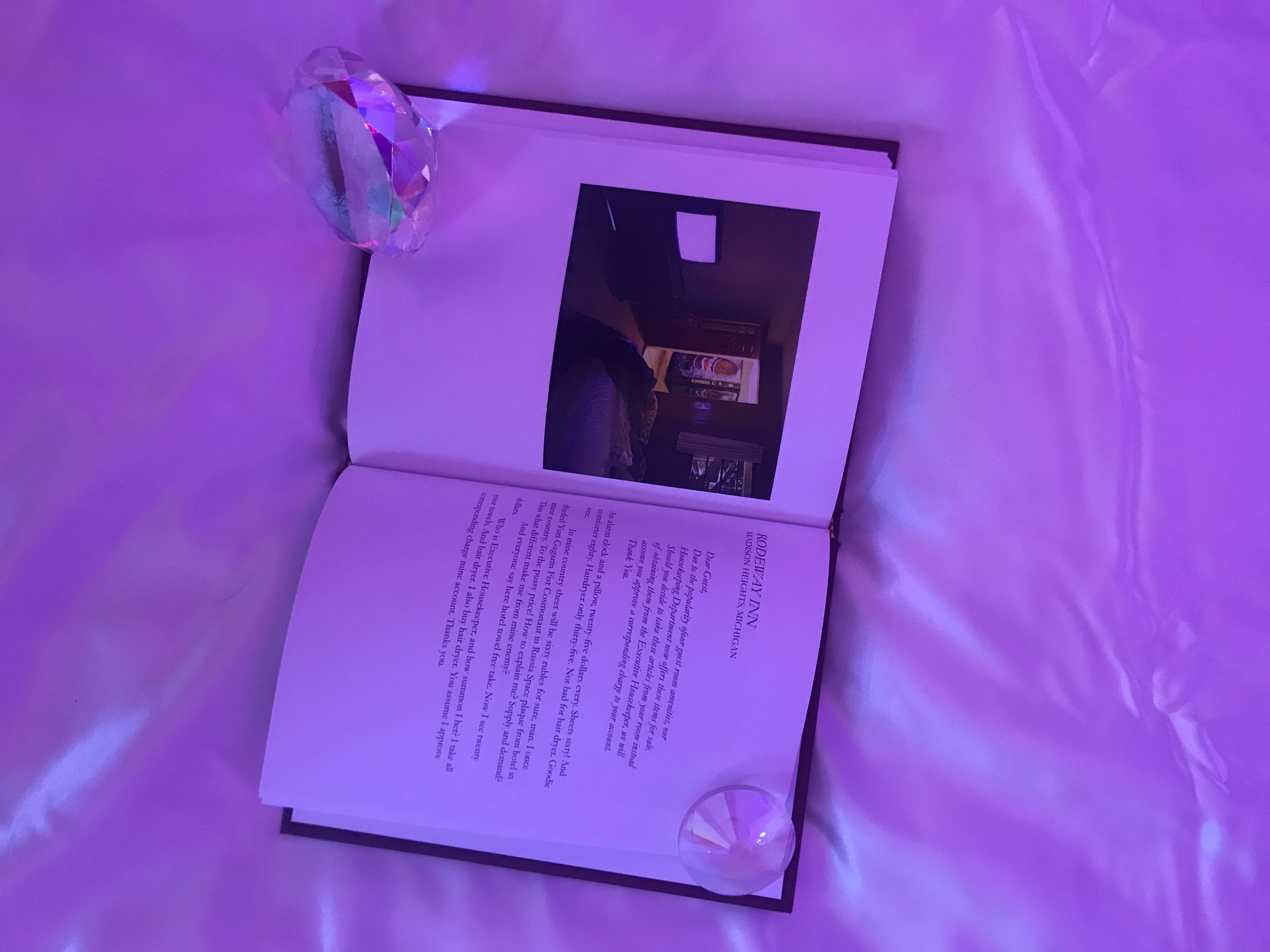


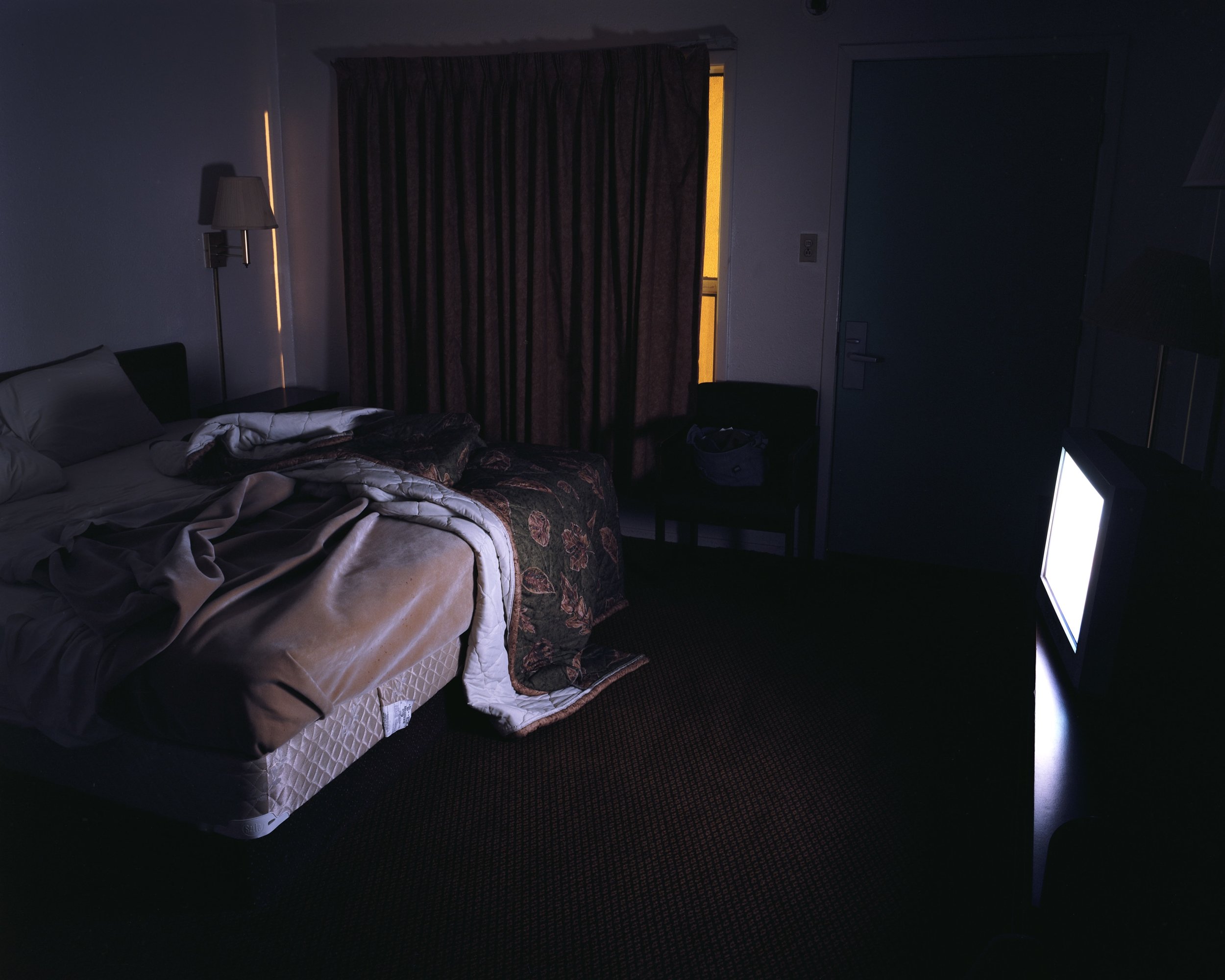




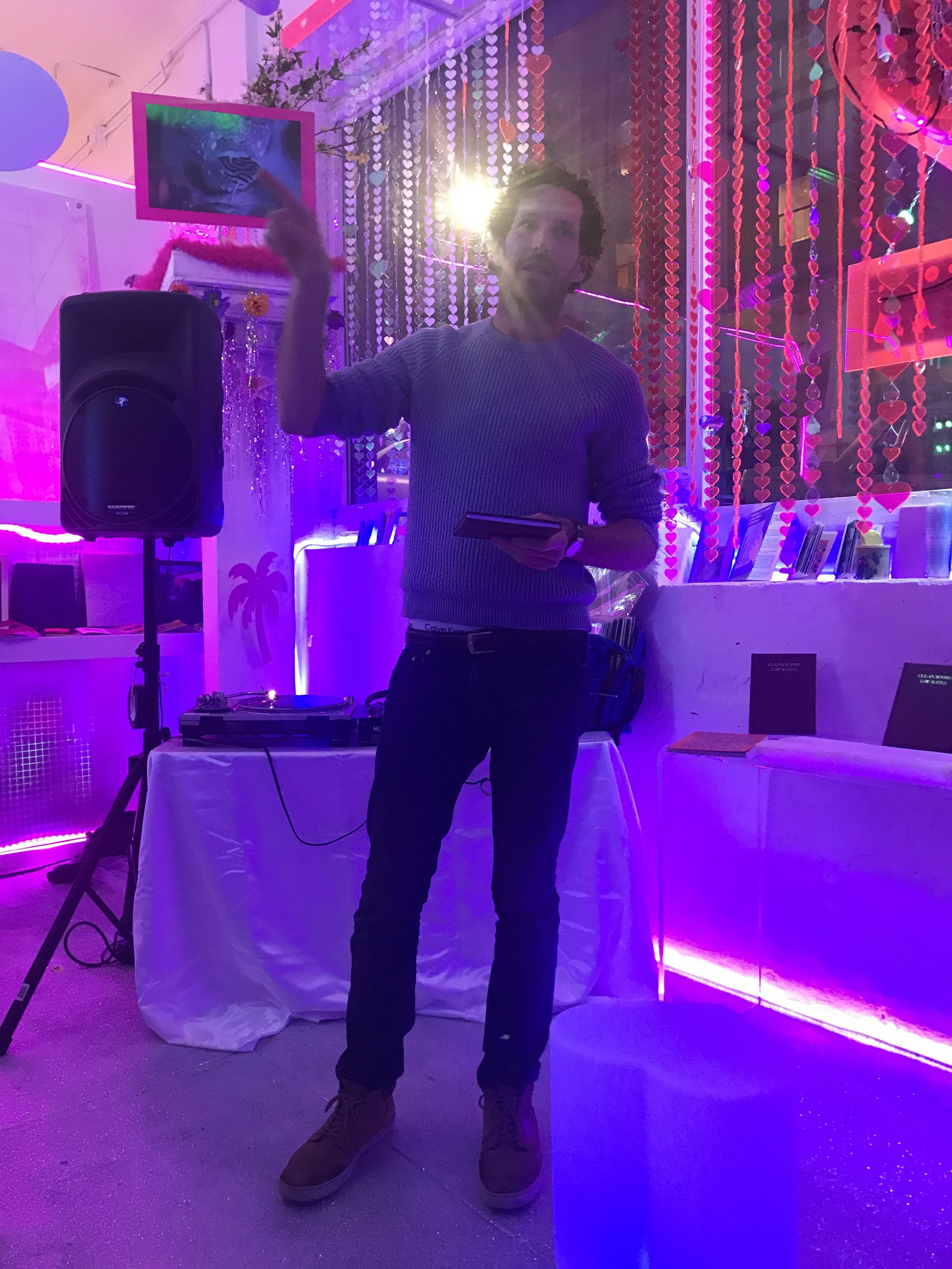
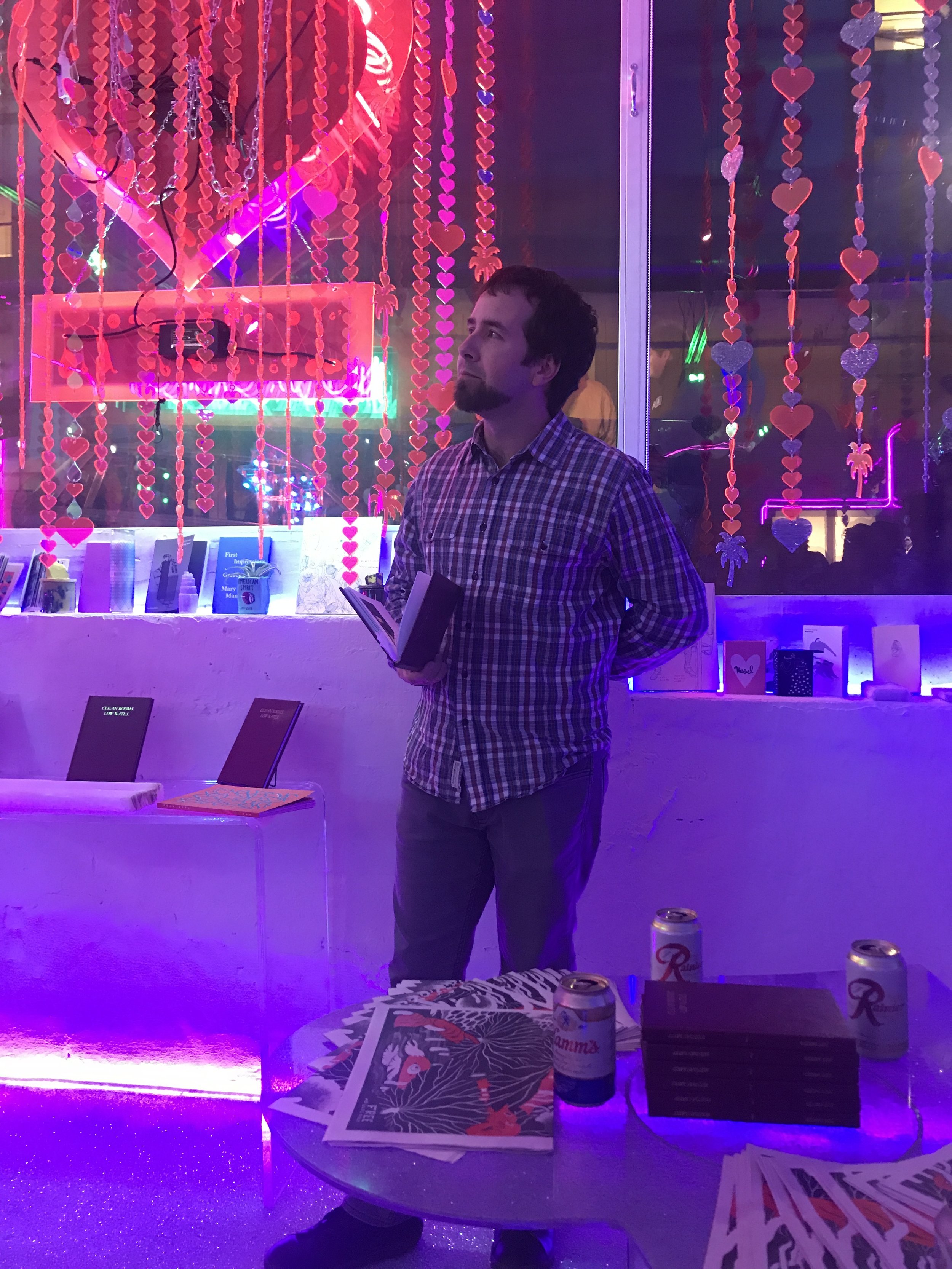















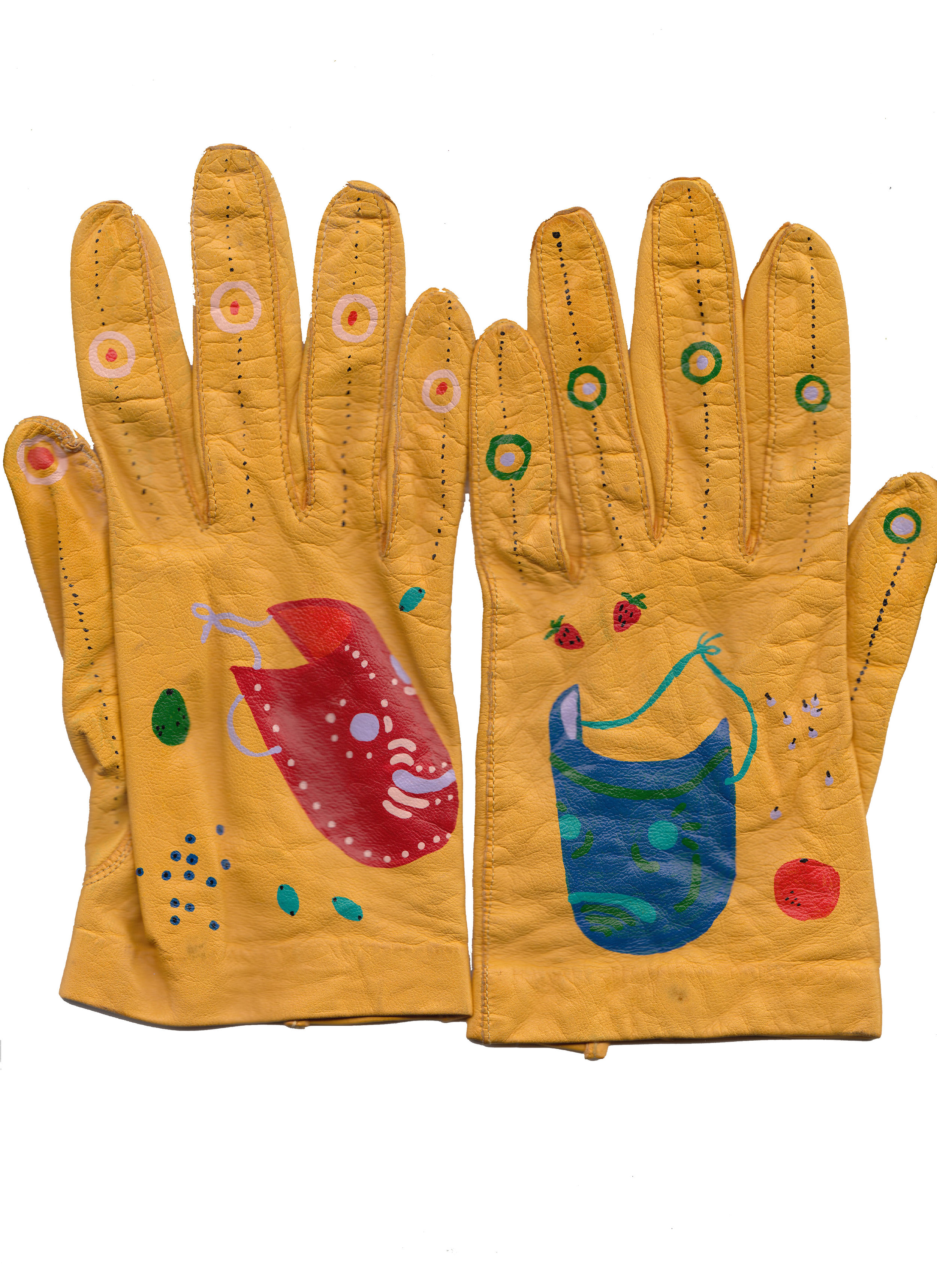








![[hot tub zoom].png](https://images.squarespace-cdn.com/content/v1/56c364b337013b6f4ca9faf5/1473301711667-YCEVRAOQ852ZGHUR2S65/%5Bhot+tub+zoom%5D.png)
